Why we ran it: Is the world’s best-selling SUV still as comfy, refined, spacious and dynamically competent in hybrid form?
Month 5 - Month 4 - Month 3 - Month 2 - Month 1 - Prices and specs
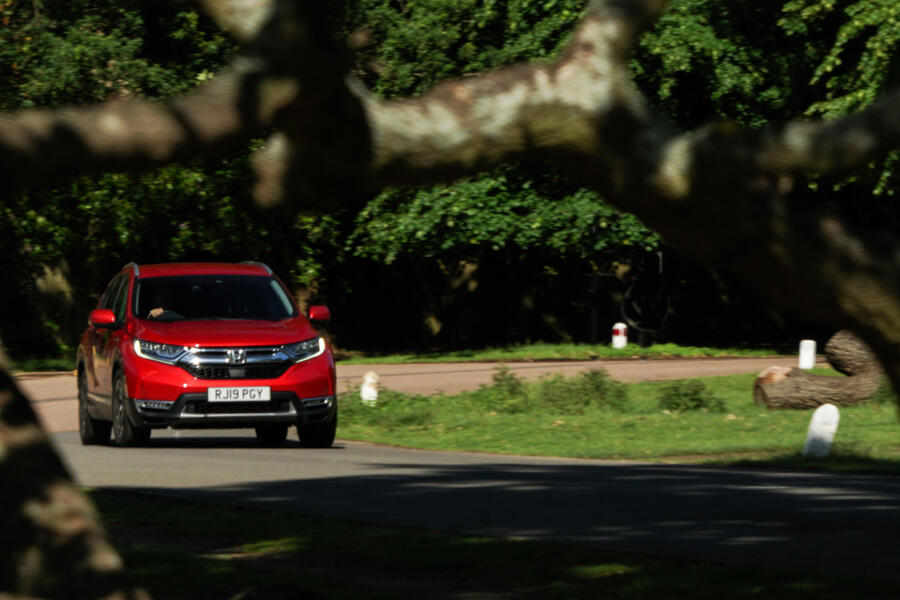
Life with a Honda CR-V Hybrid: Month 5
Our petrol-electric Honda departs after months of hard labour with a busy videographer. Did it rise to the challenge? - 2nd January 2019
Blessed. It was the cringeworthy hashtag of 2019, sprayed without irony all over Instagram or whichever social media platform you find yourself on. In this job, we are blessed. Blessed, because we get to drive all manner of cars, and it’s something we don’t take for granted. There’s a strange phenomenon that comes with this territory, though.
Occasionally, at a fuel station, we might be filling up the tank of a fresh set of wheels and attract the attention of a fellow petrolhead. Inevitably, she or he wants to know what size engine it’s got, what’s the mpg and how I, lowly videographer, could possibly afford one. Meekly explaining that I don’t own it, I’m always happy to oblige as far as my knowledge will stretch (not that far – see ‘lowly videographer’, above) and let the intrigued party poke around inside. It has happened to me in Porsches, Lamborghinis, all manner of exotica.
But I didn’t expect it in the Honda CR-V Hybrid. That’s not because it’s not a supercar, but I think I underestimated the level of interest in this car. That’s my fault because, as I wrote six months ago in the opening report of this test, the Honda CR-V is the biggest-selling SUV in the world.
Perhaps I should have foreseen the interrogations coming my way on forecourts up and down the country. An HGV driver stopped me at the pump on a foggy night last month and asked if the hybrid version was the one to go for. He’d had every generation of CR-V to date and was just picking which to go for next. And I suppose, after six months, that’s what I’m here to answer.
There’s undoubtedly a lot of merit to the hybrid derivative. It’s smooth to drive, with its mind-boggling eCVT gearbox. The torque from the electric motor gives you loads of response from low revs, so it’s easily brisk enough for most situations. And it’s also a peaceful place to be at low speed around town.
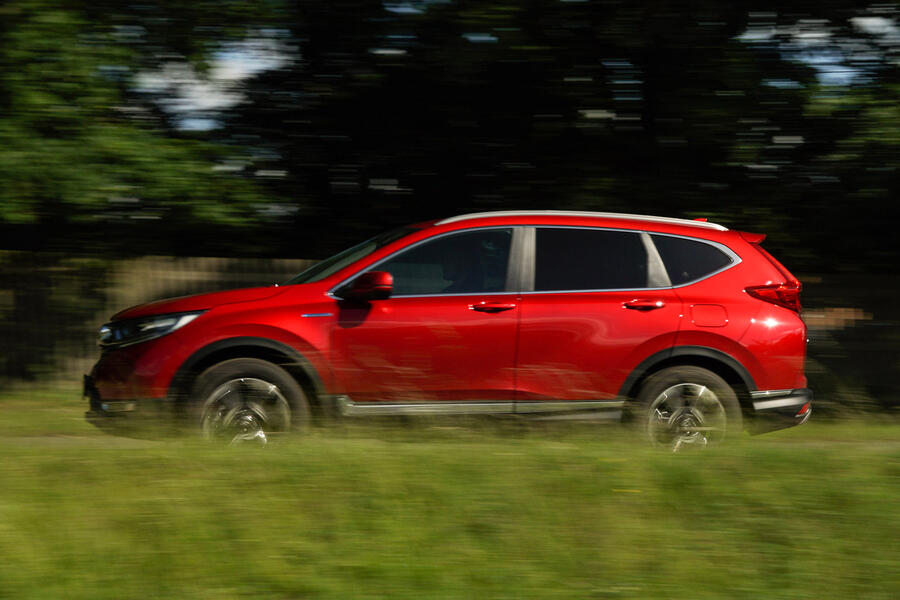

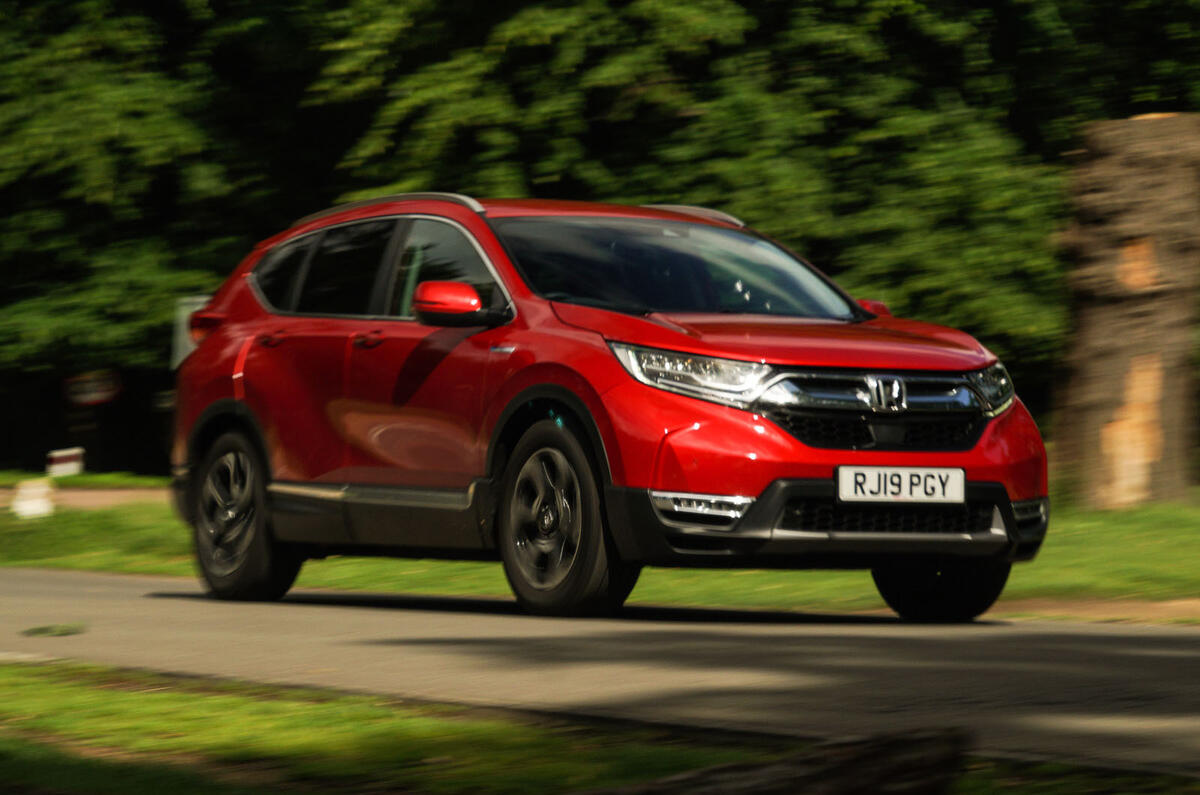
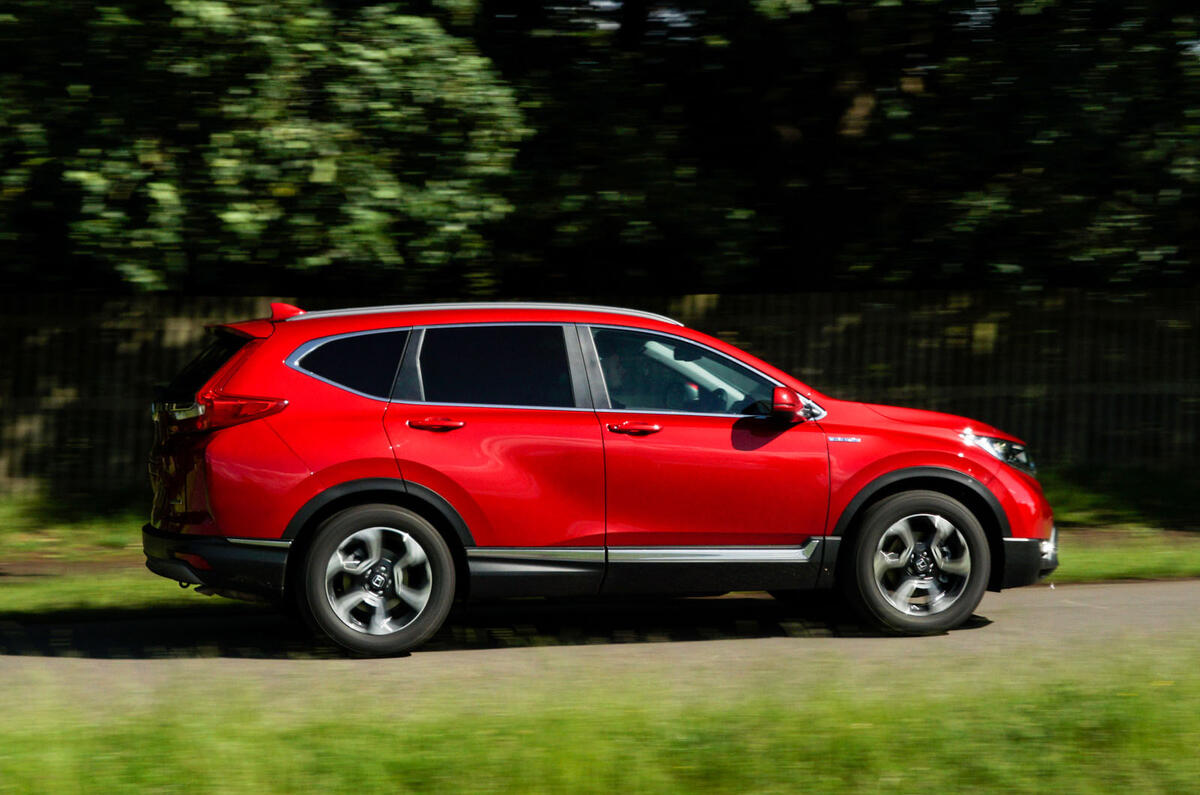
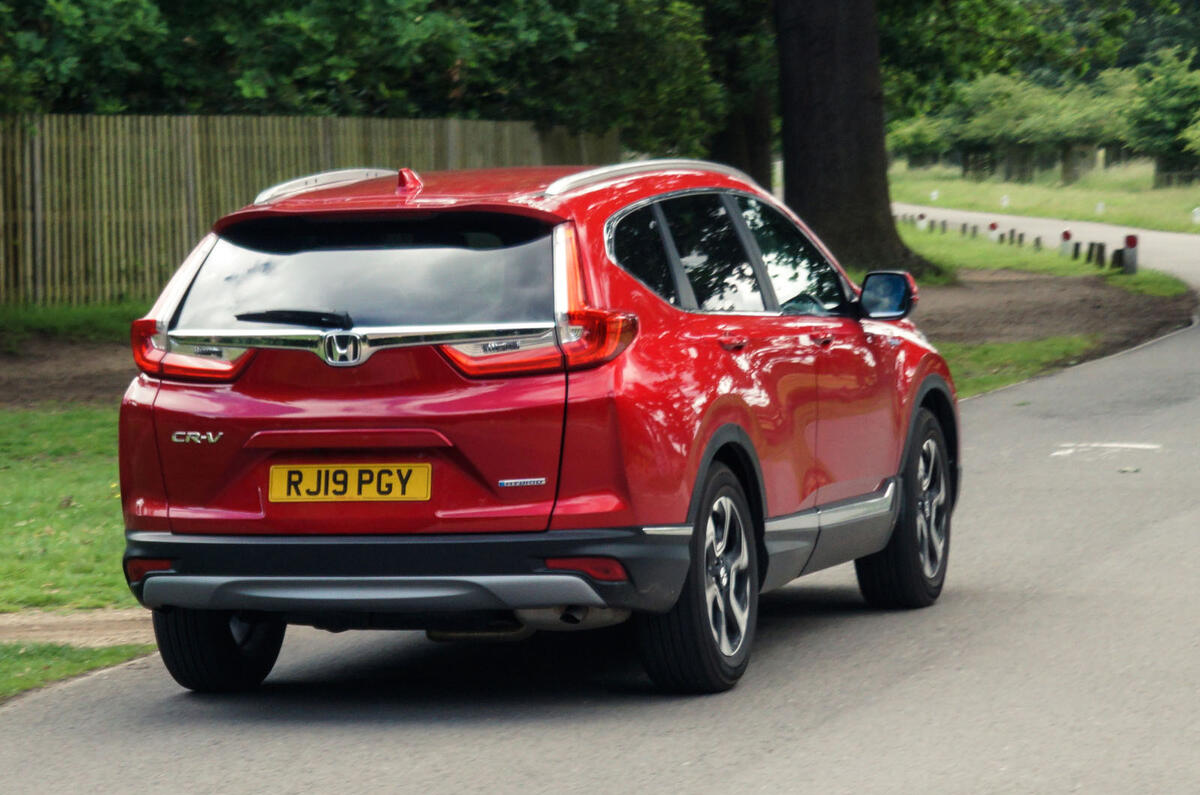
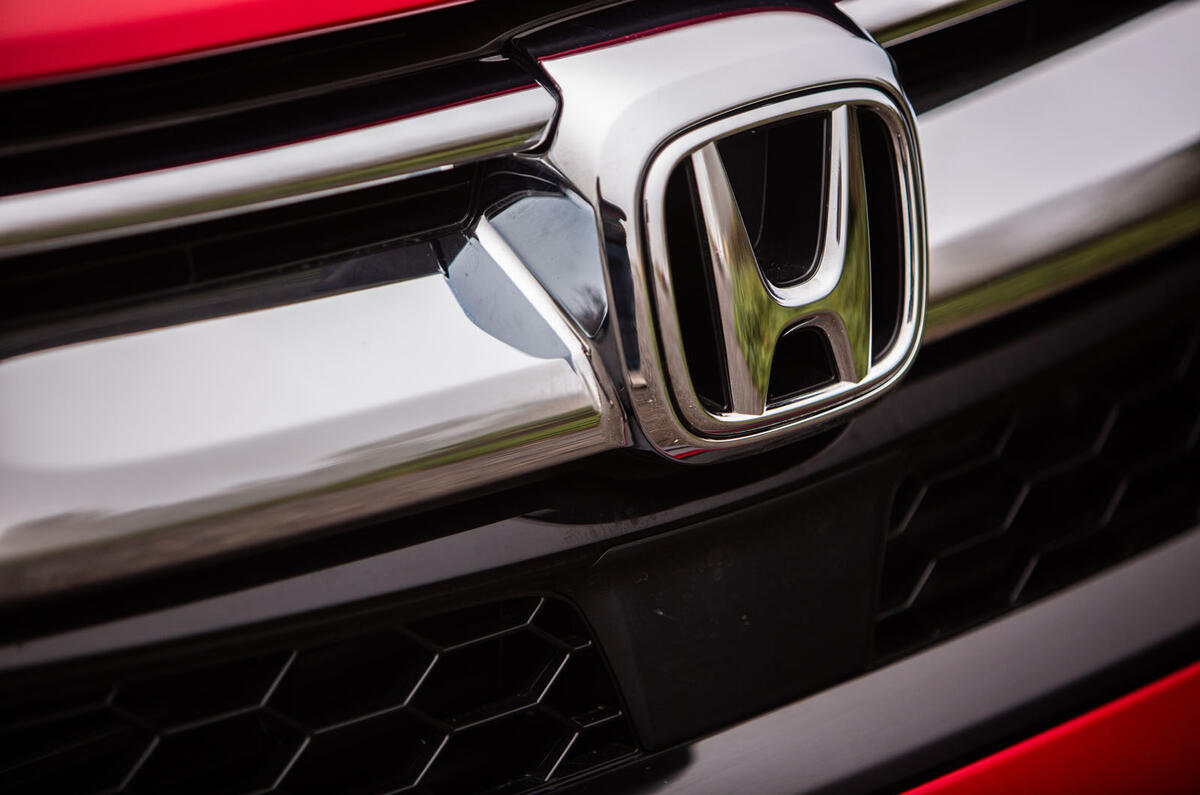
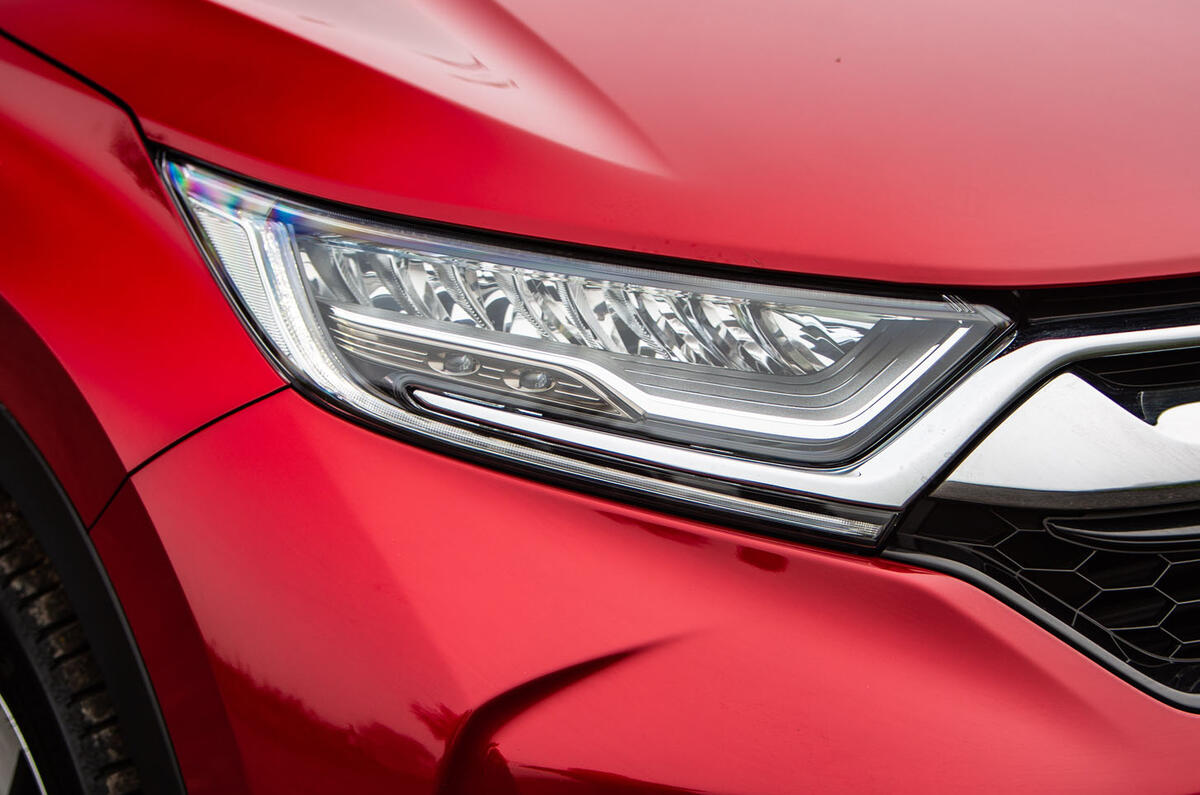
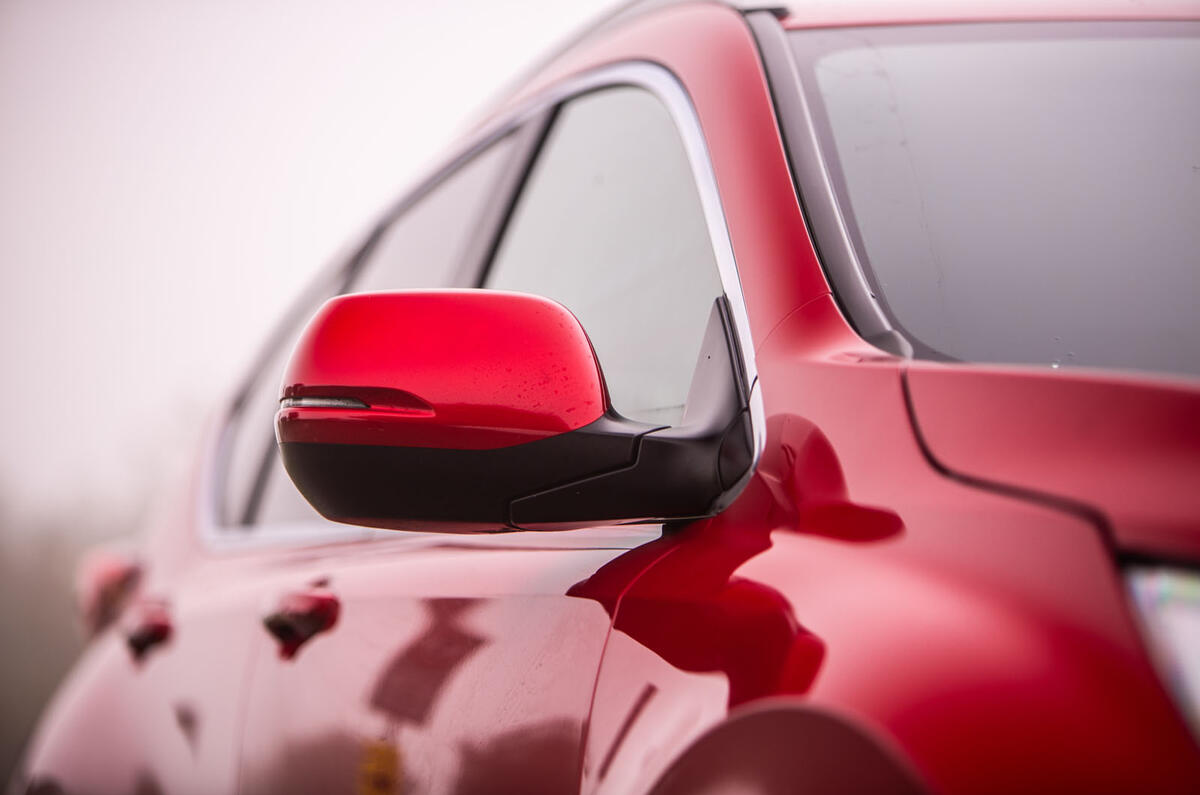
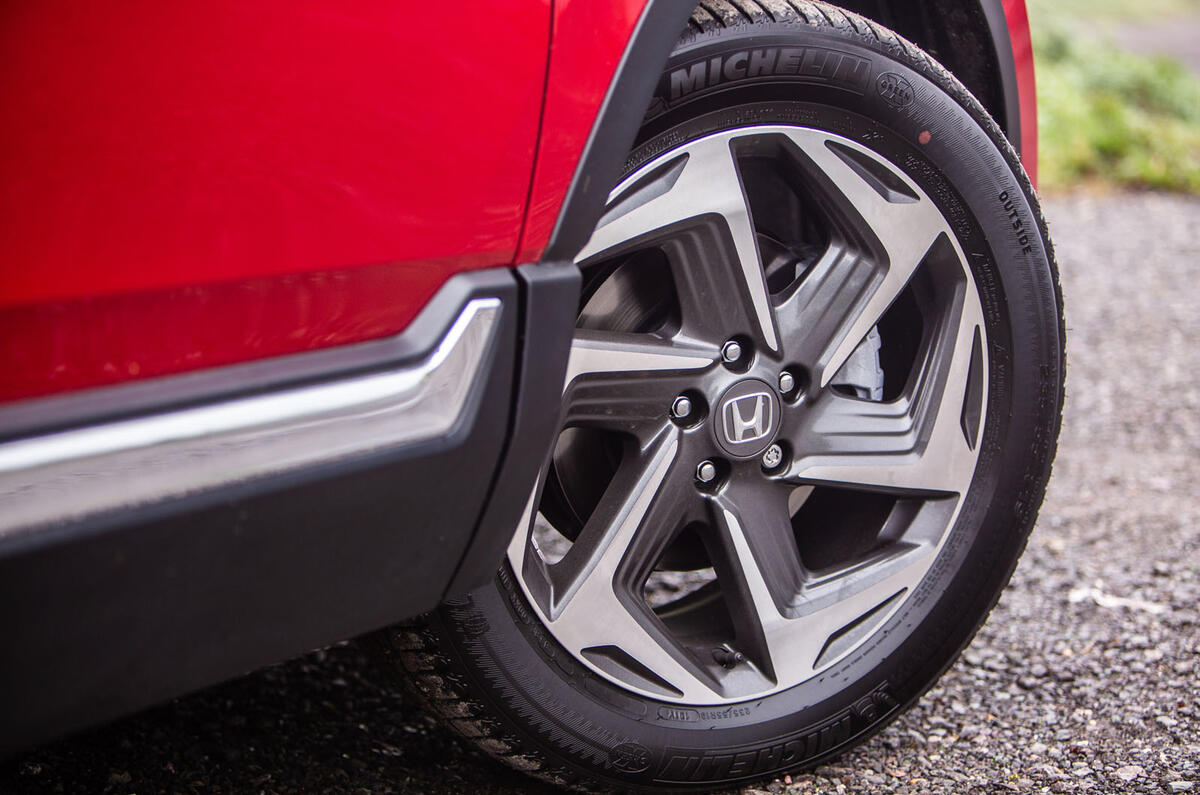
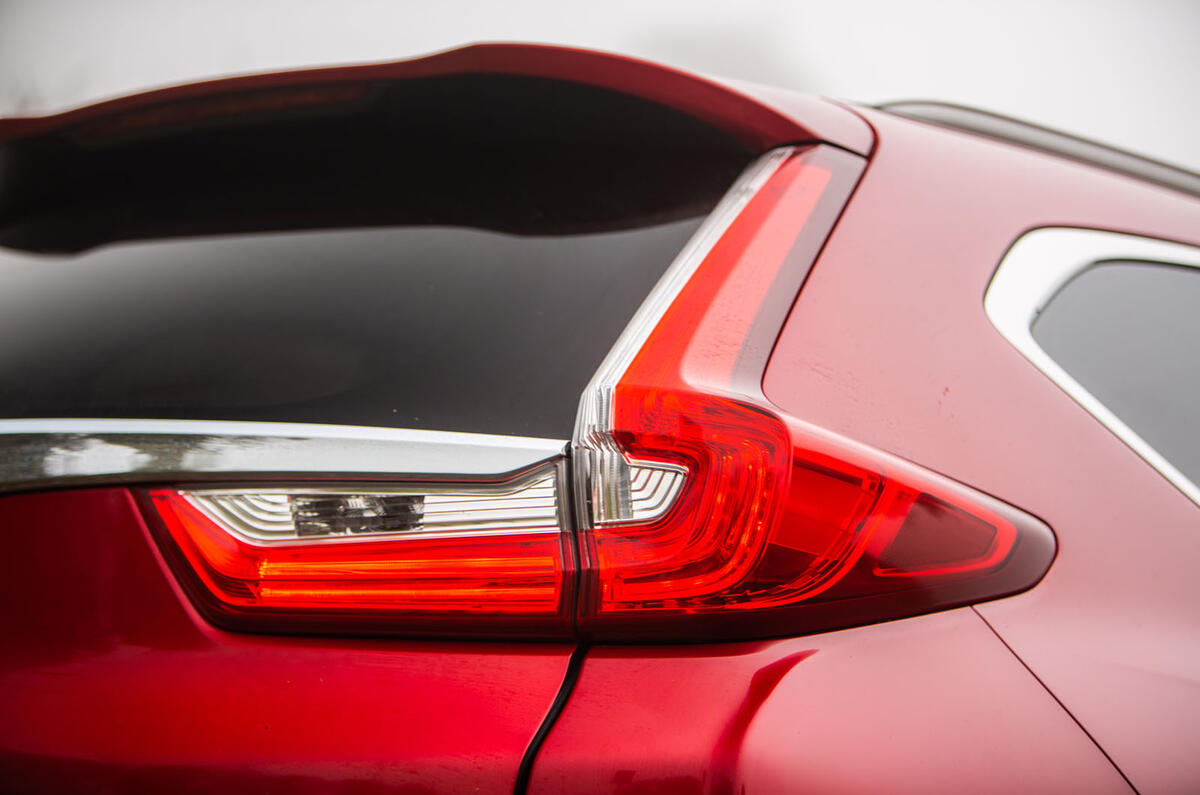
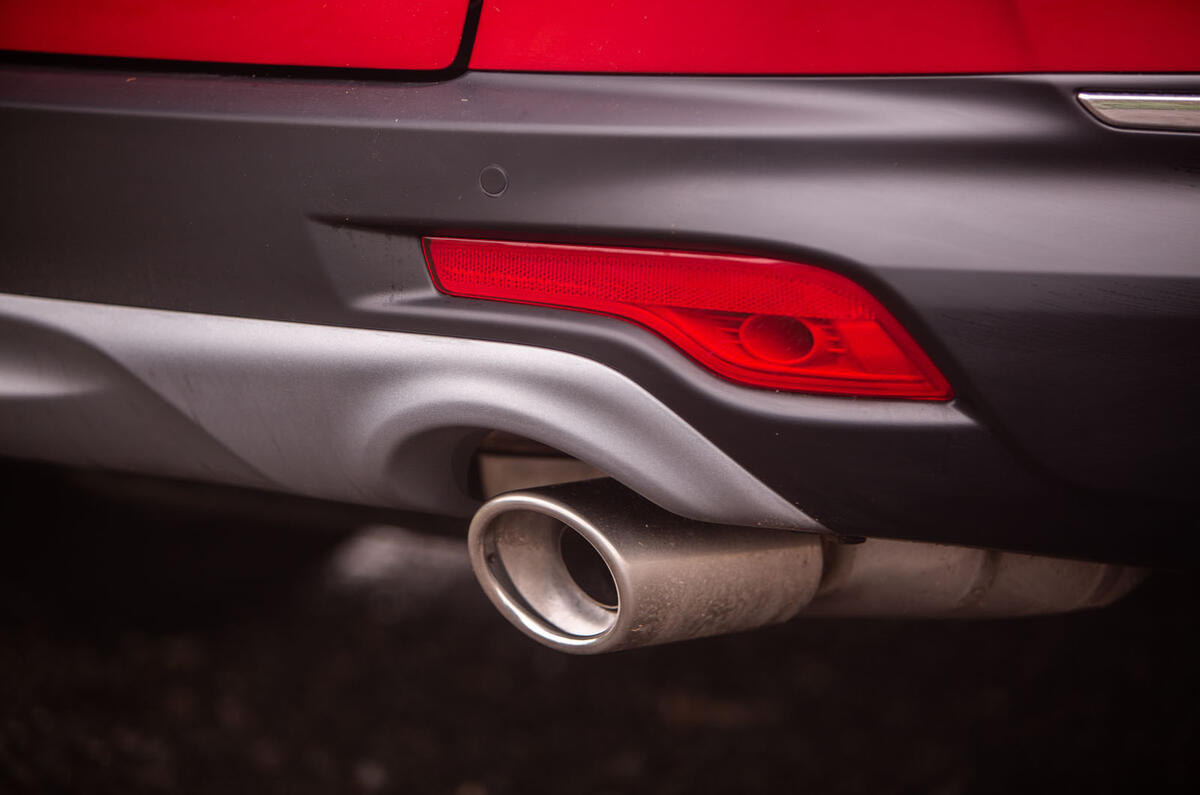
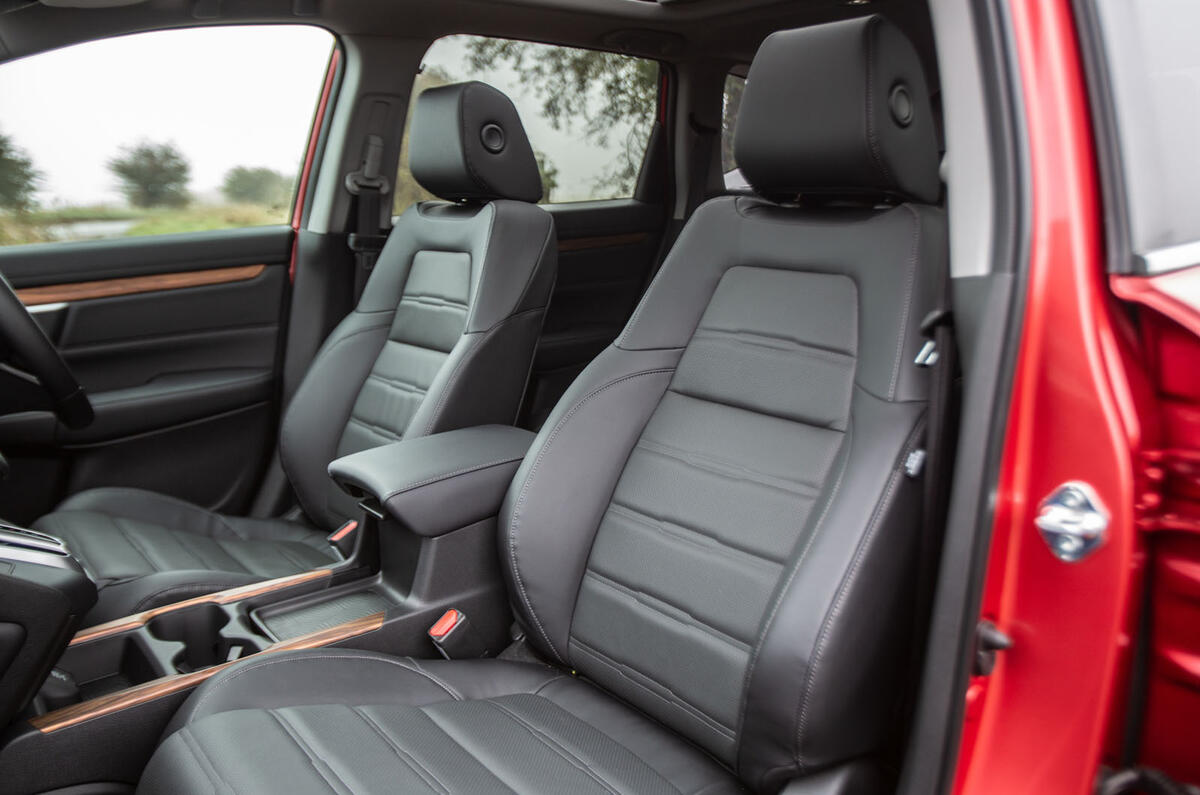
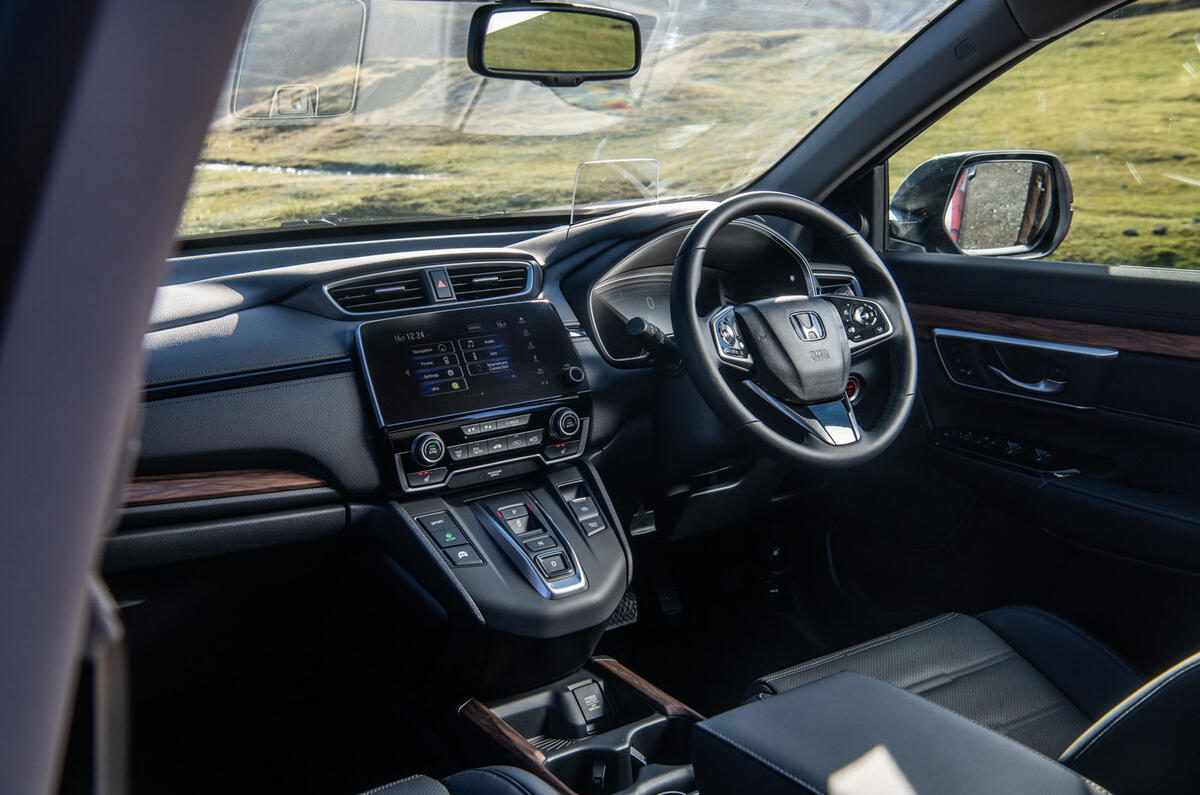
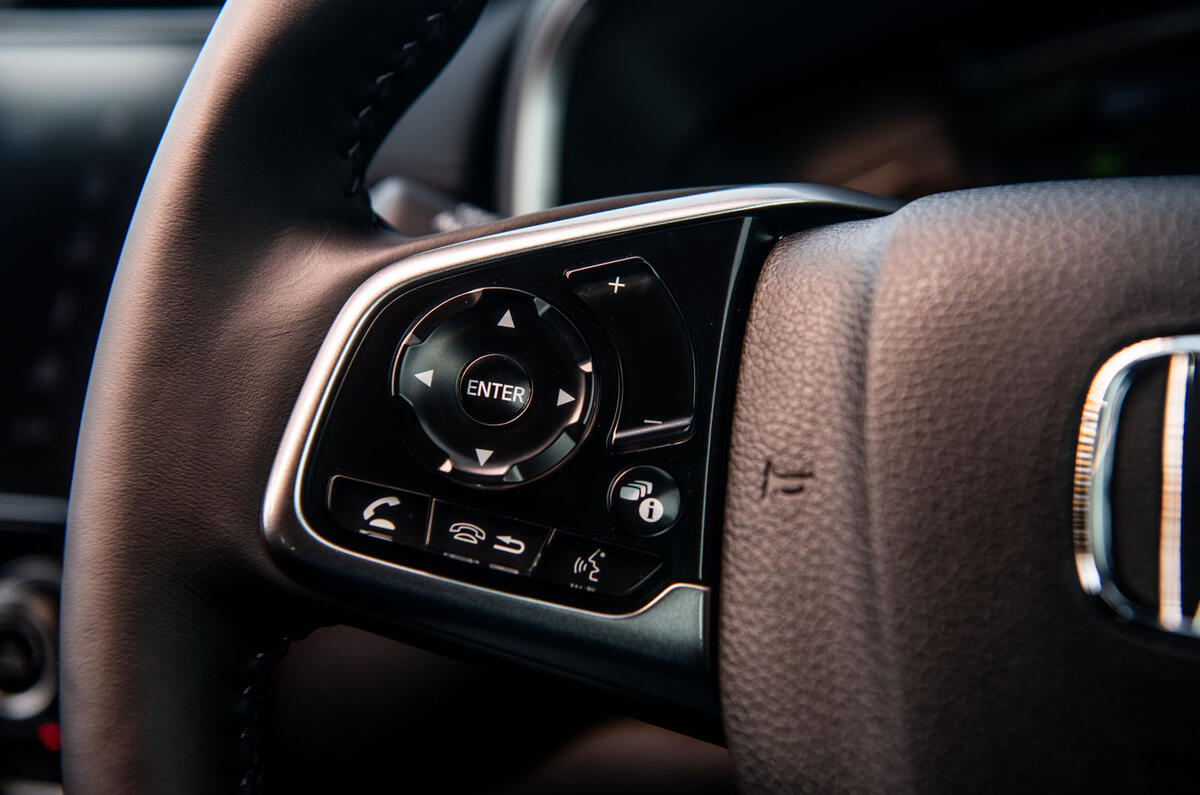
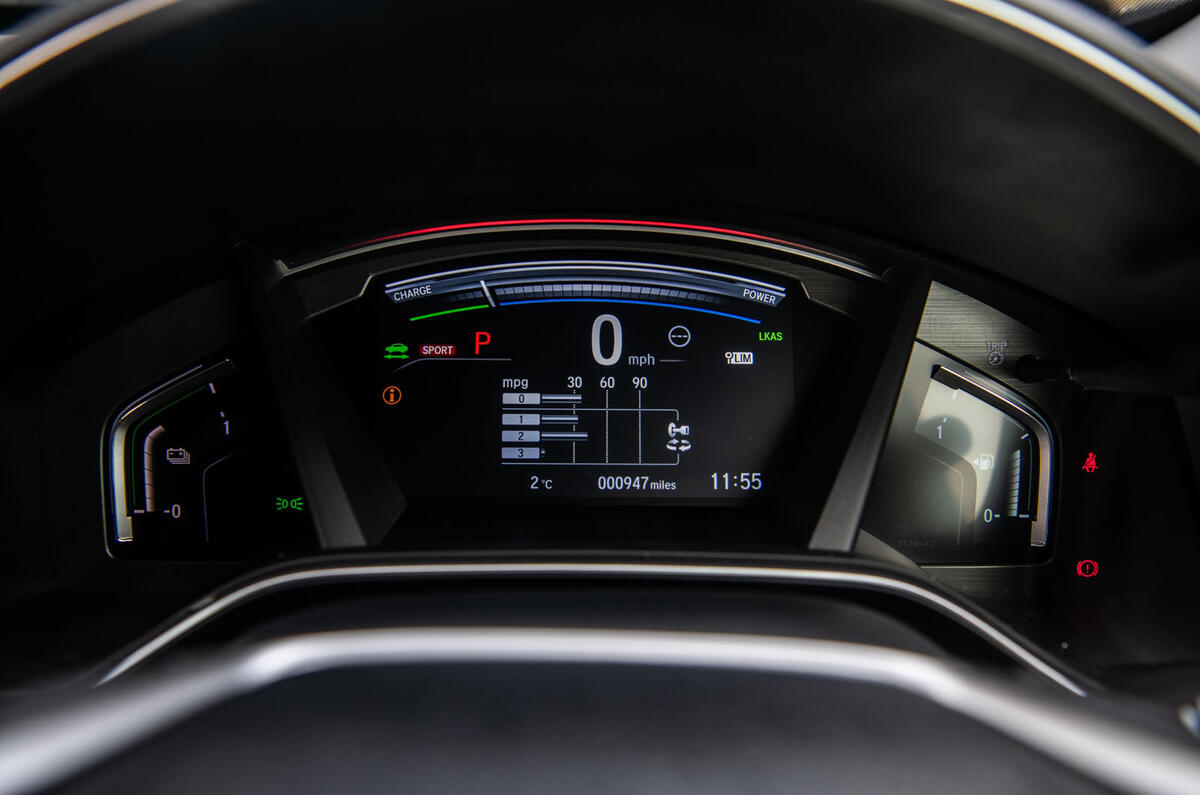
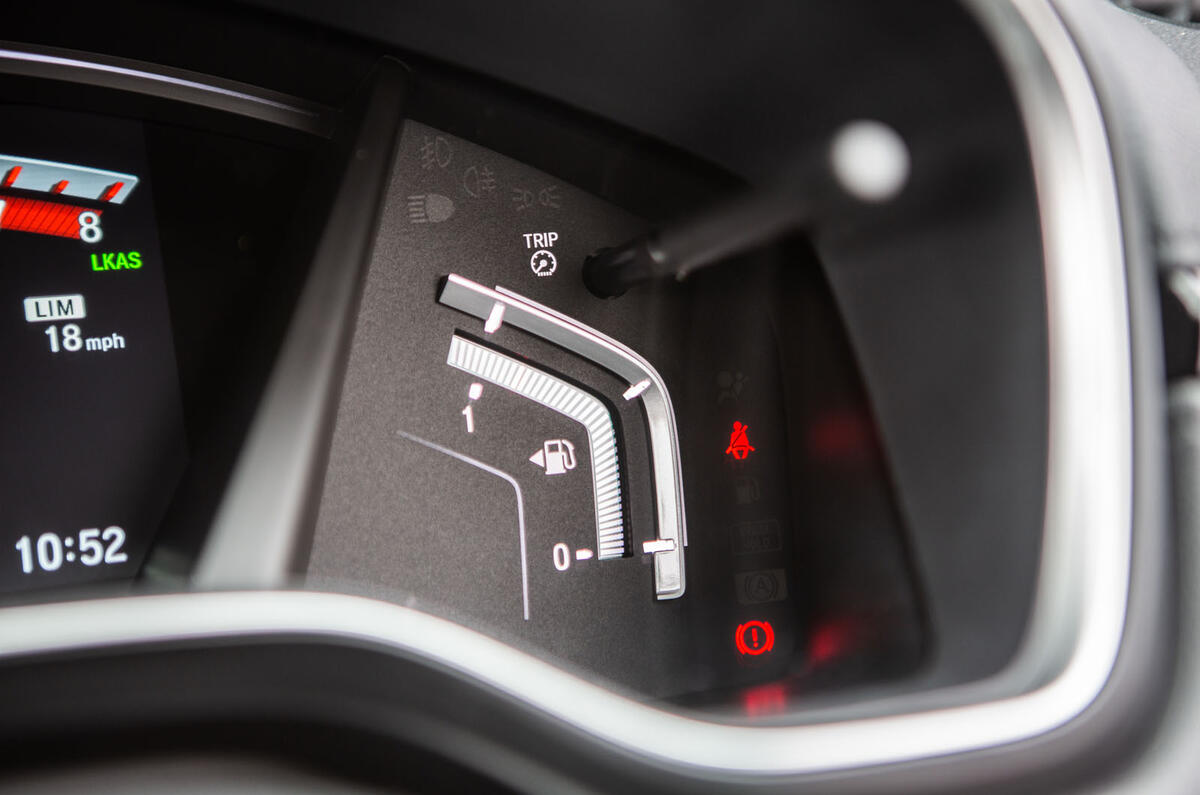
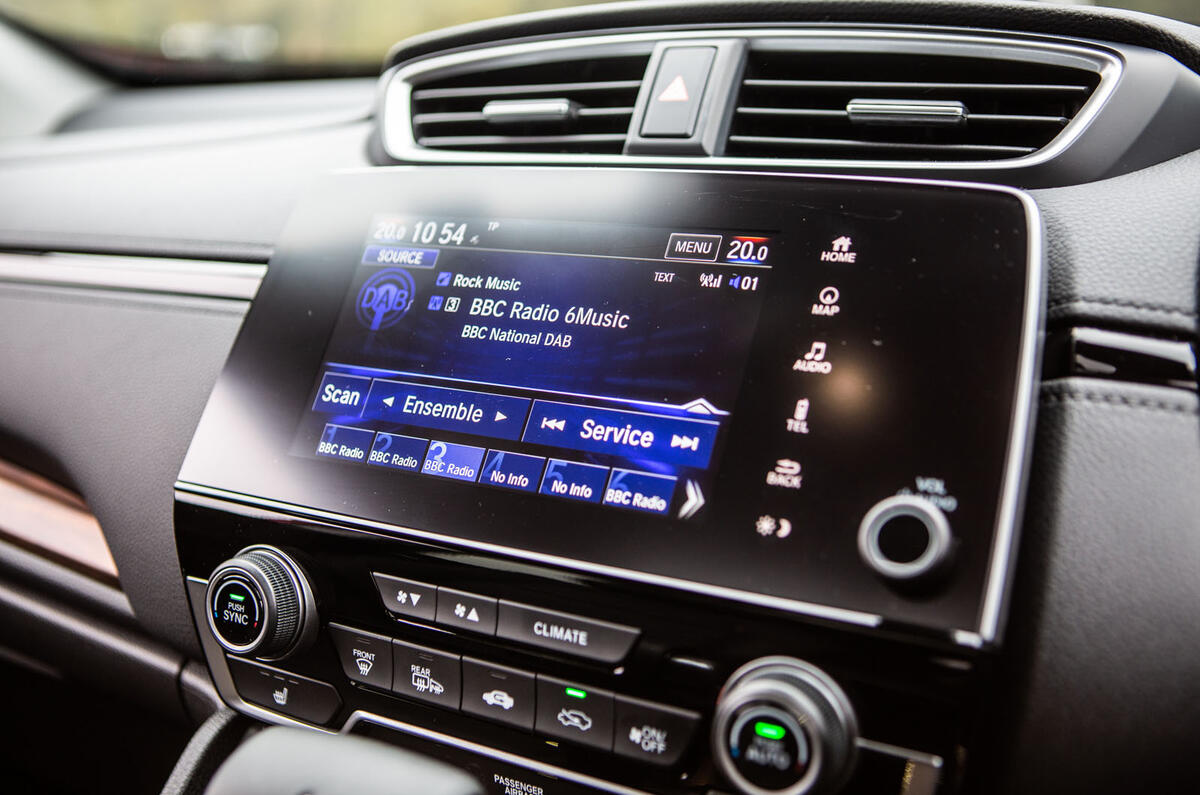
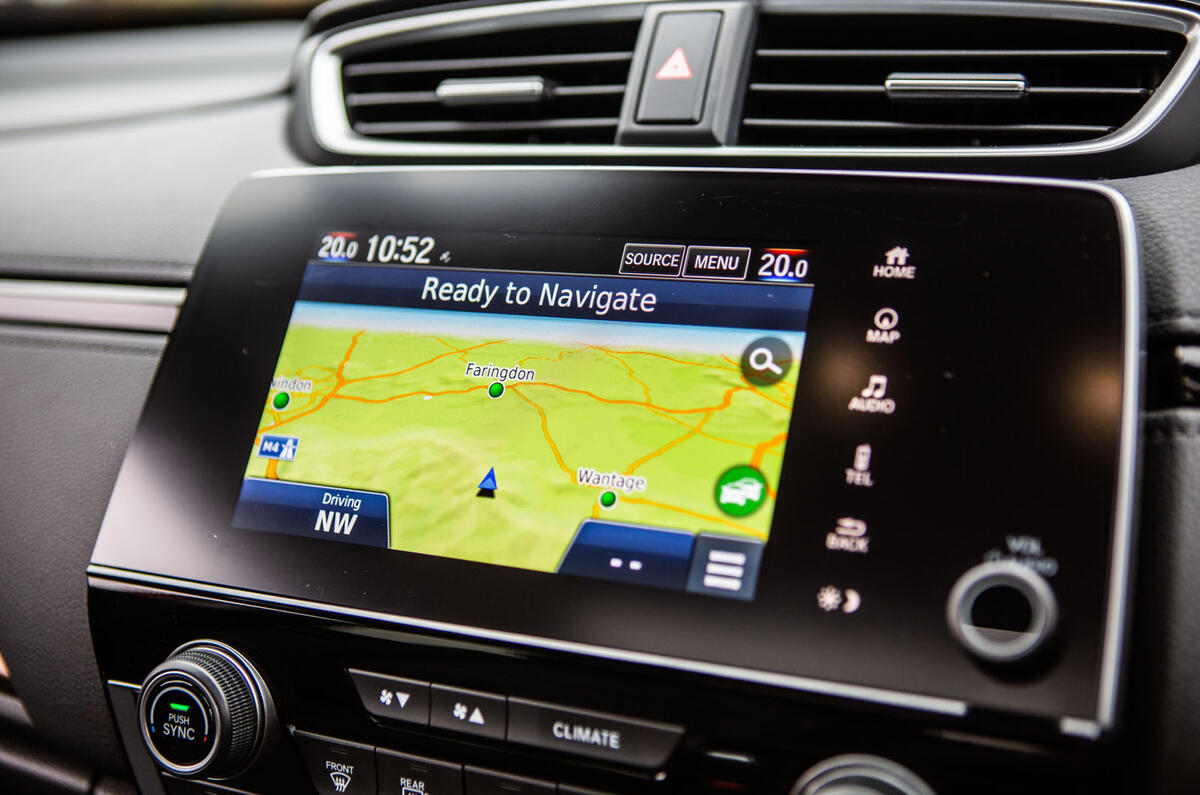
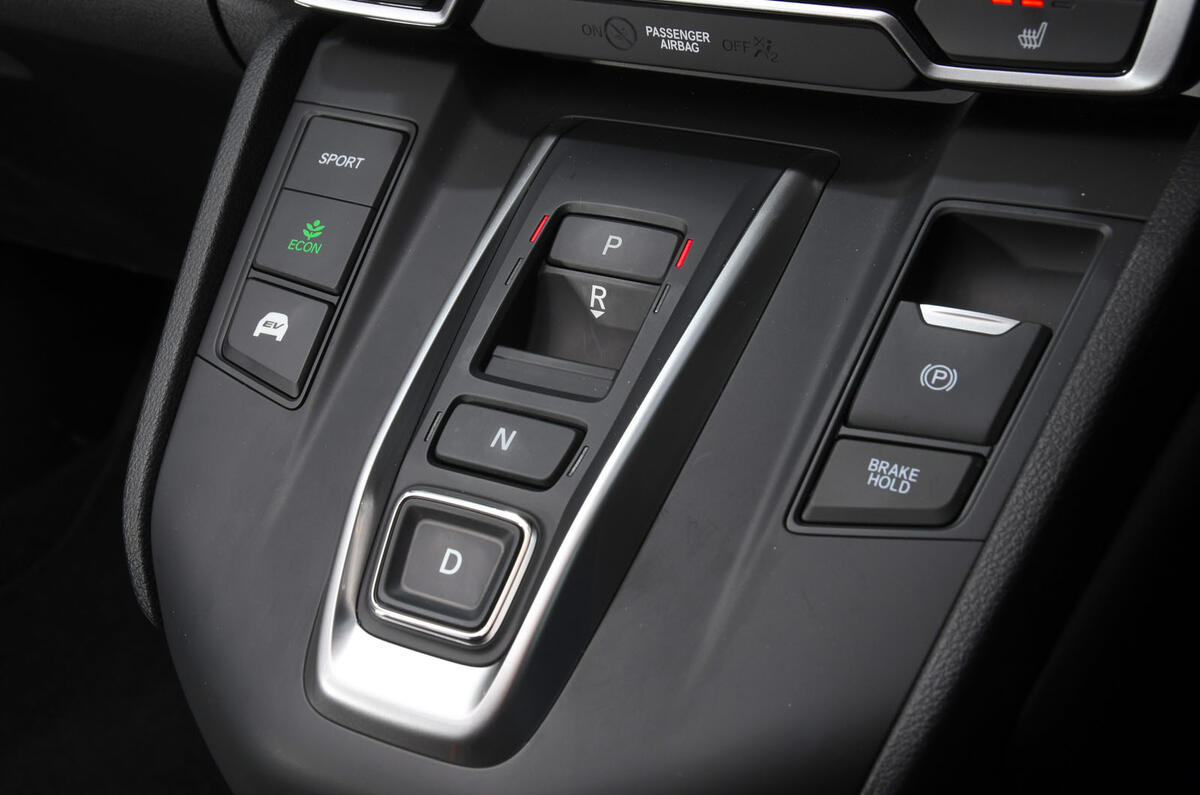
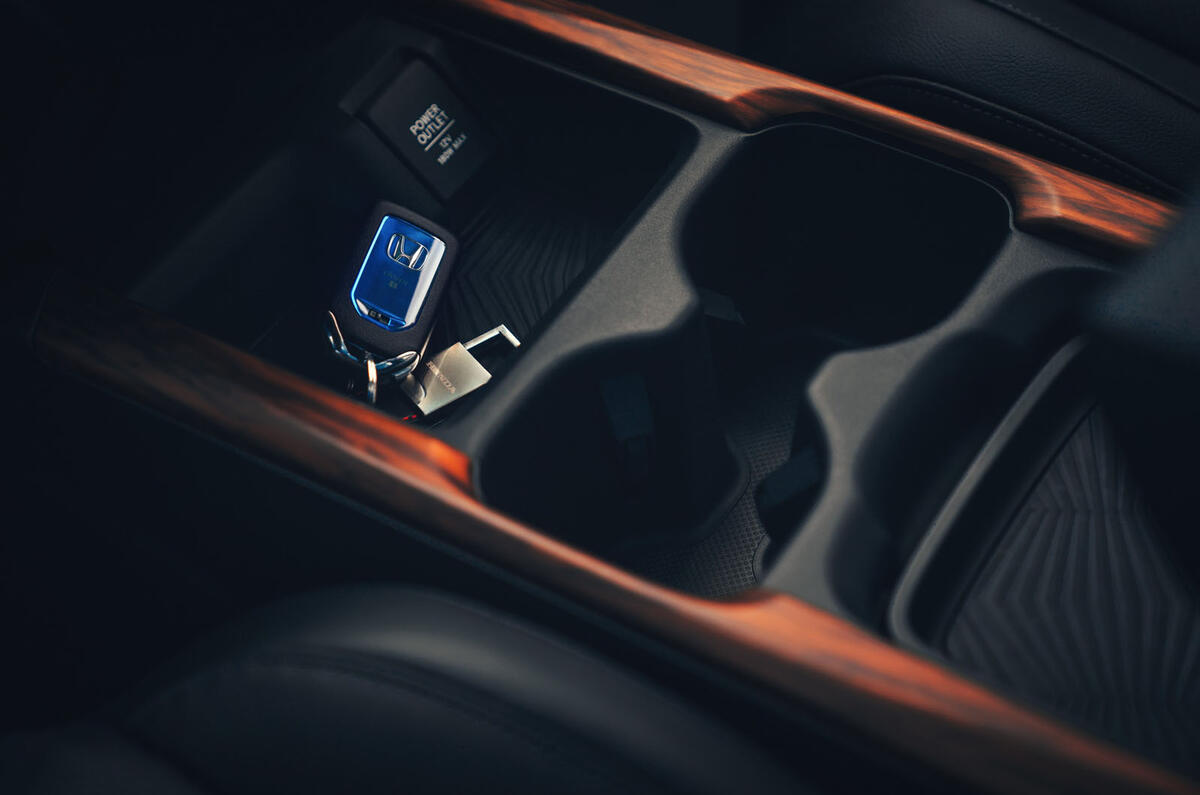
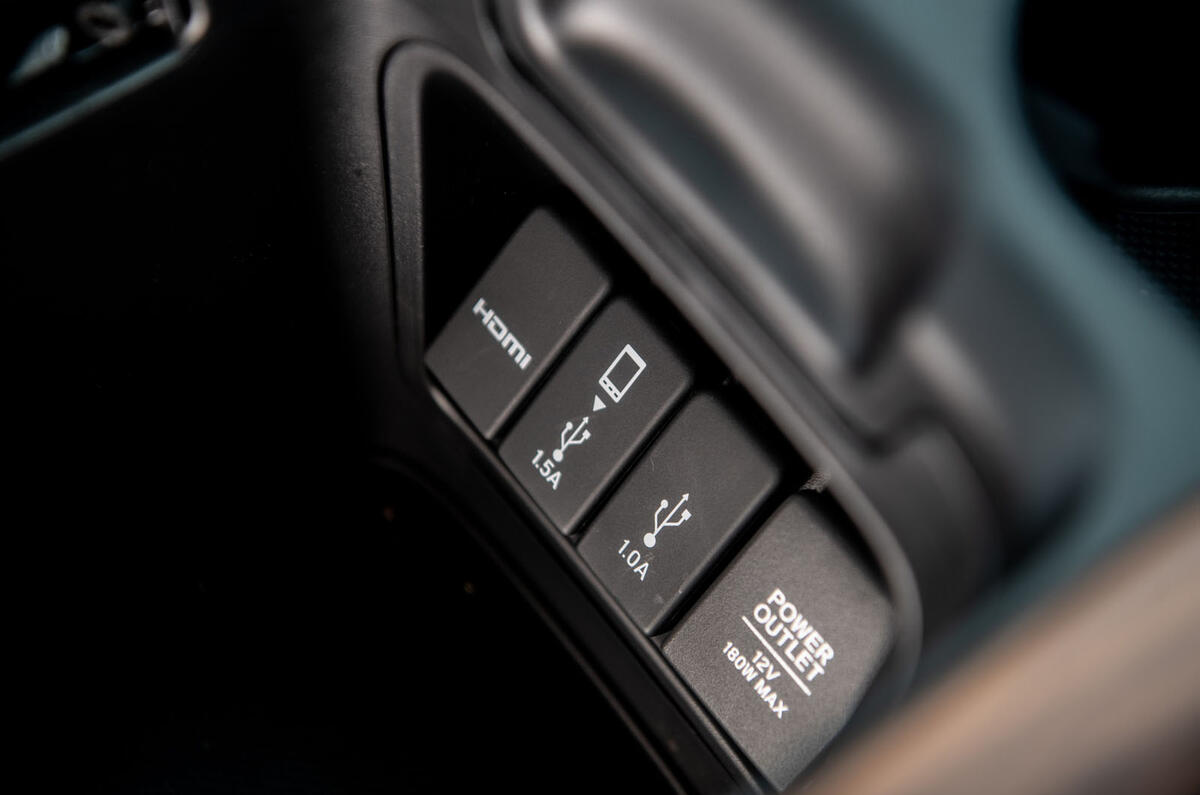
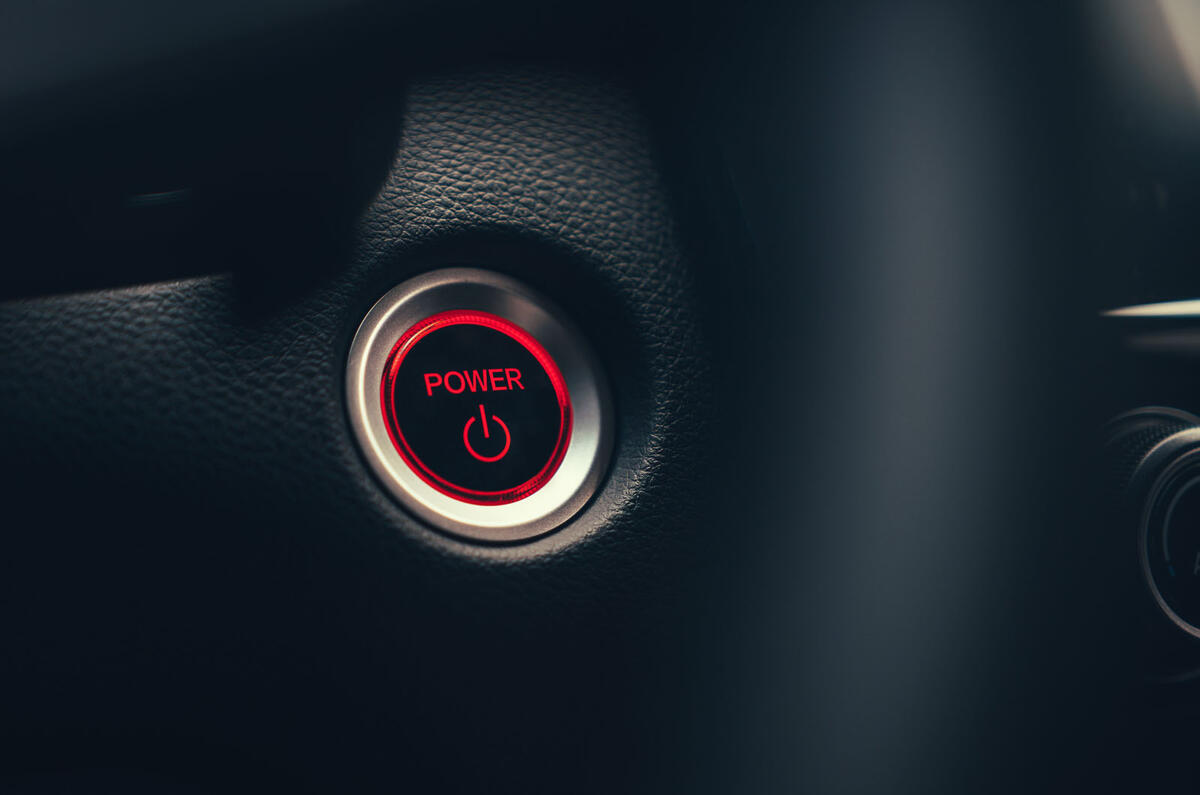
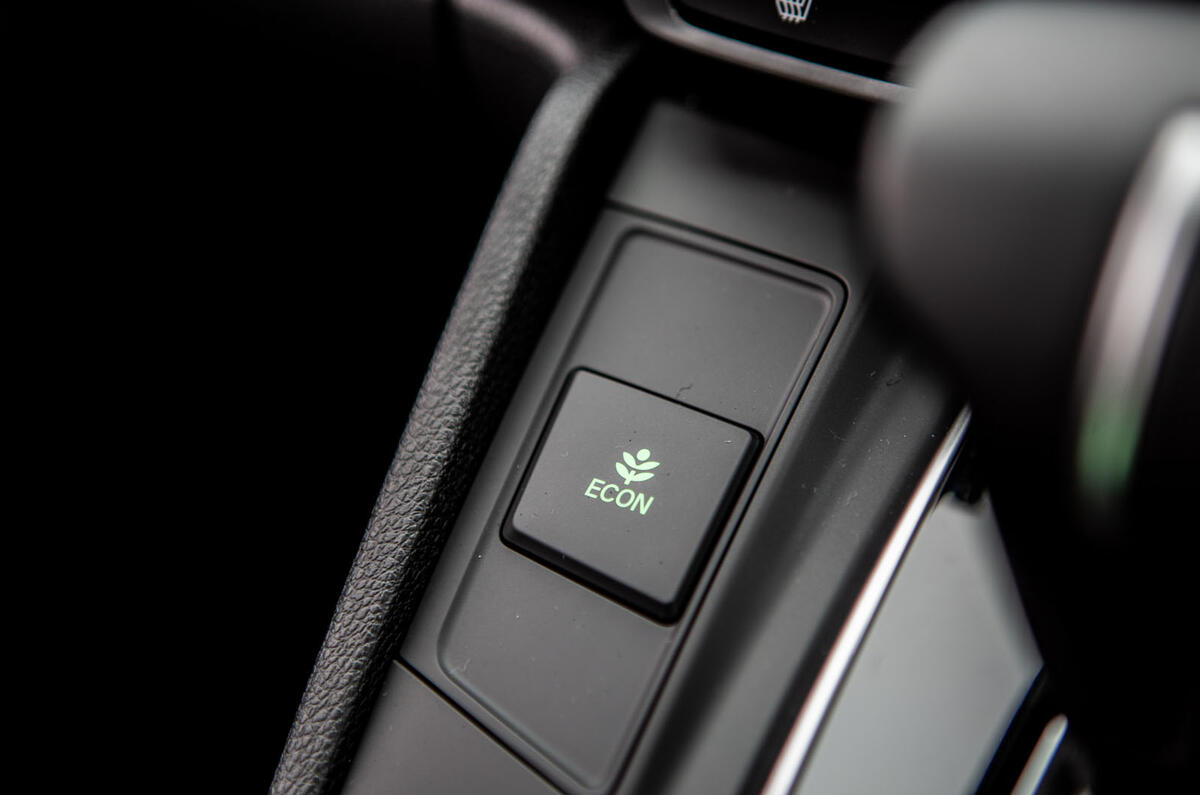
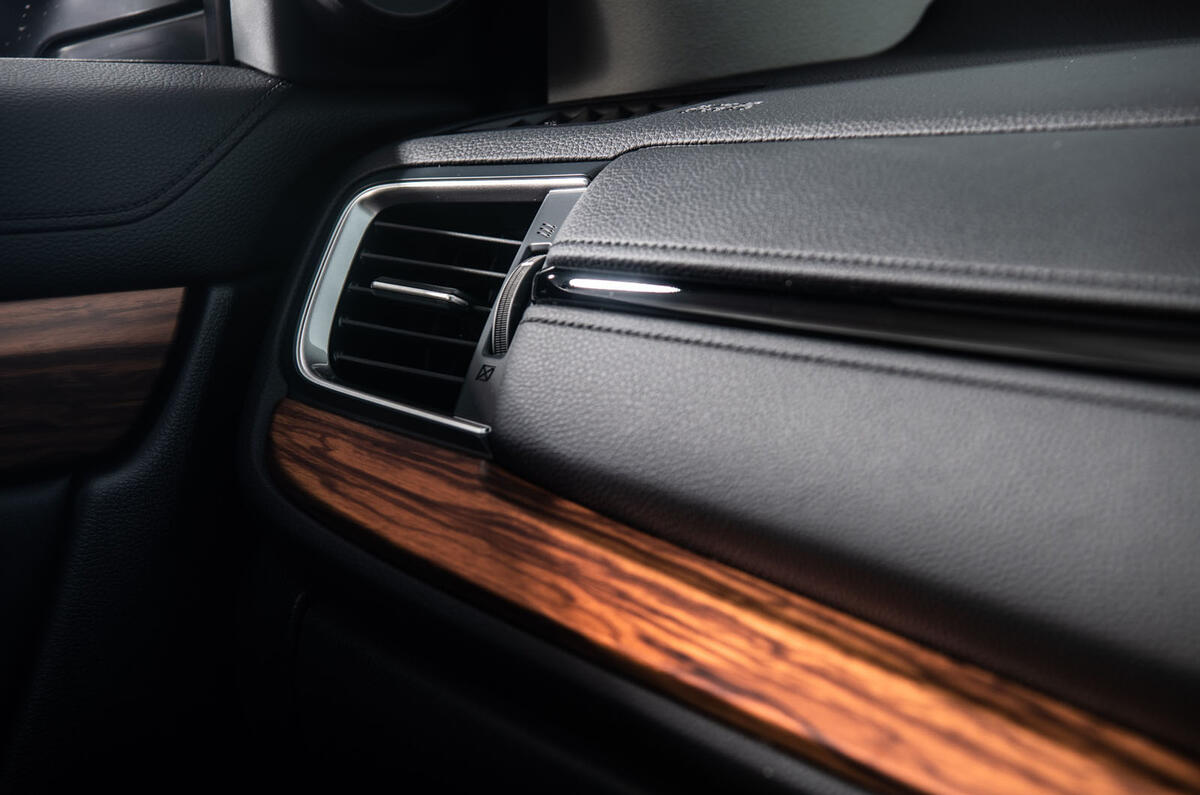
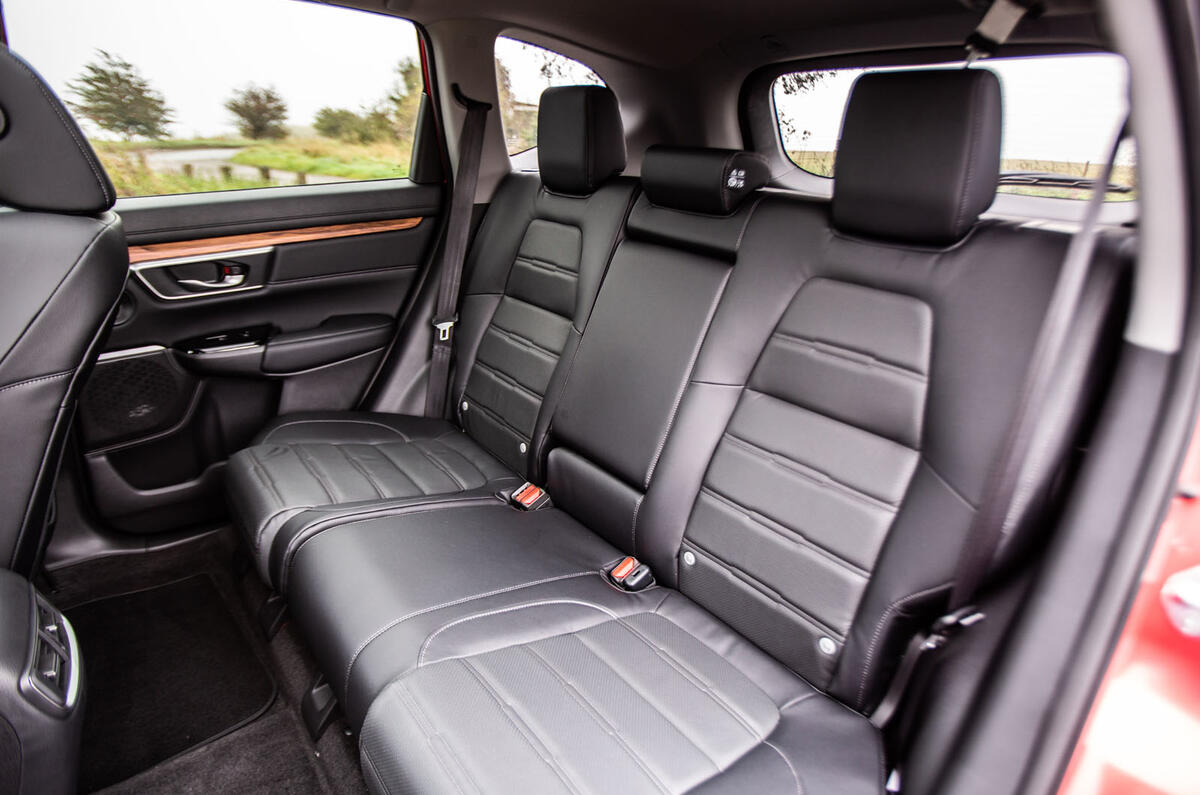
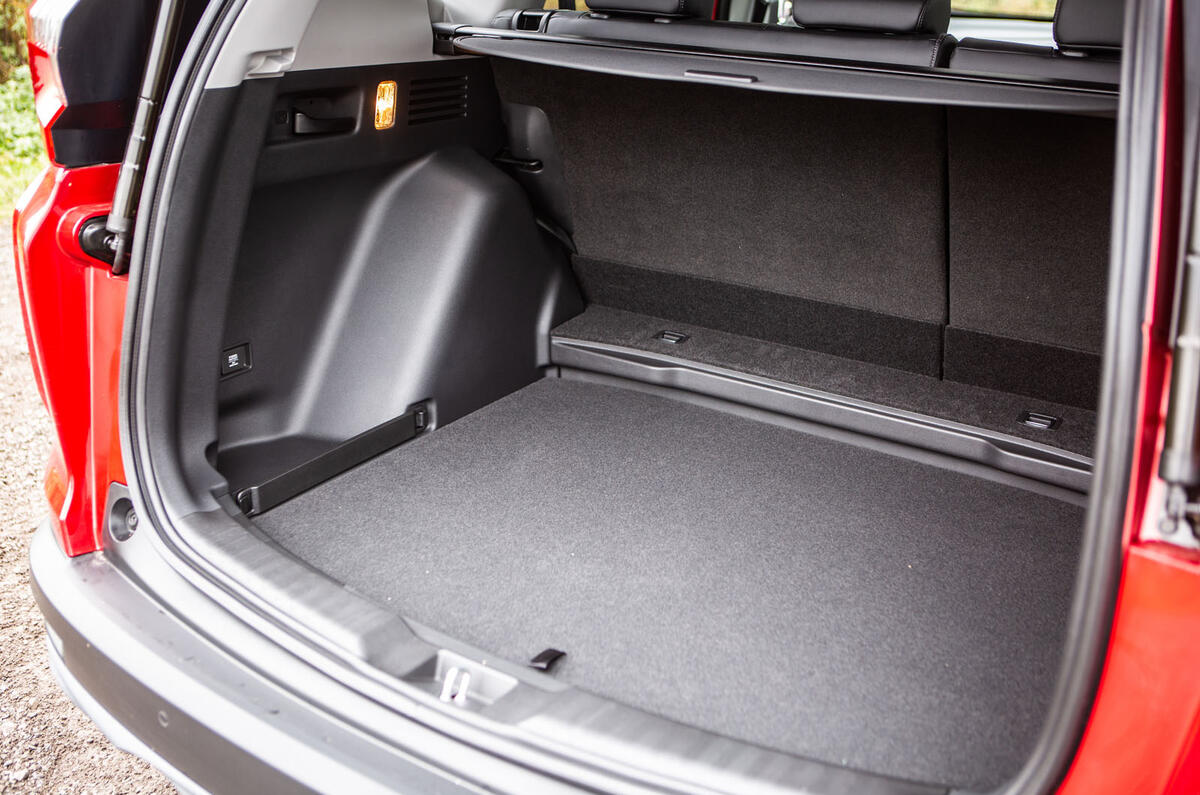
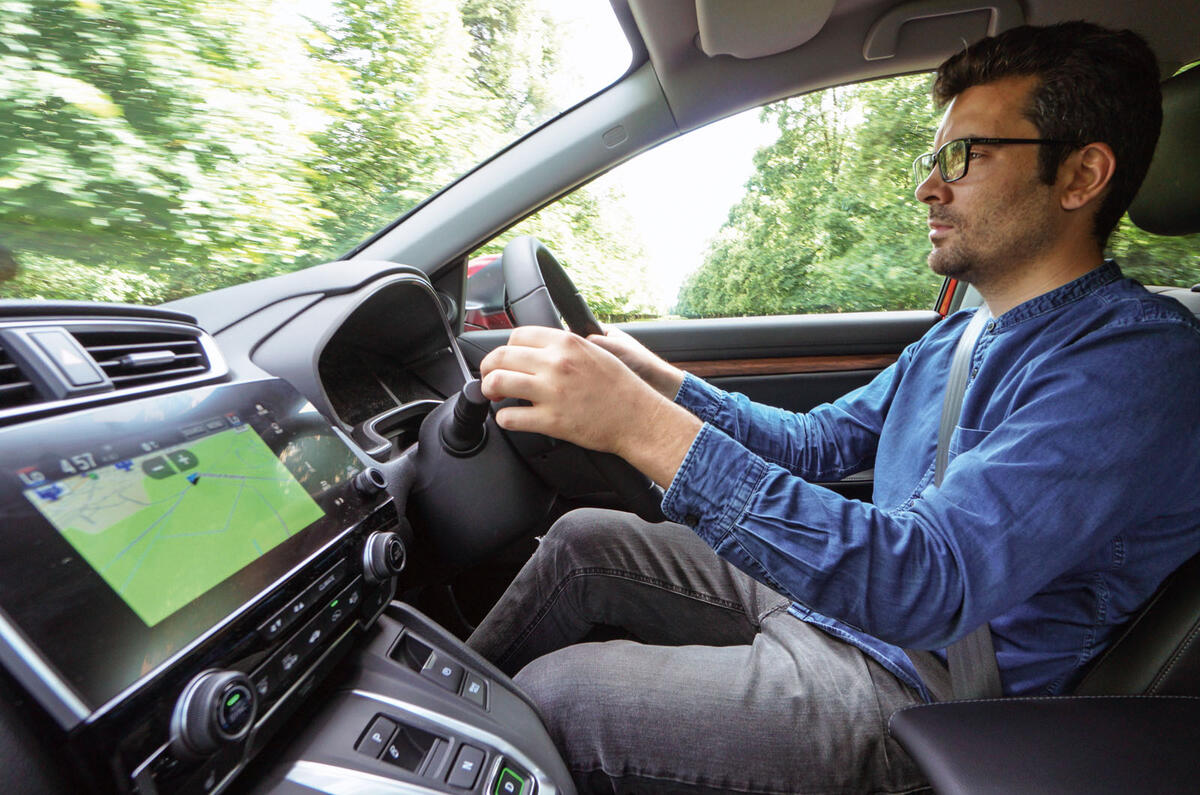
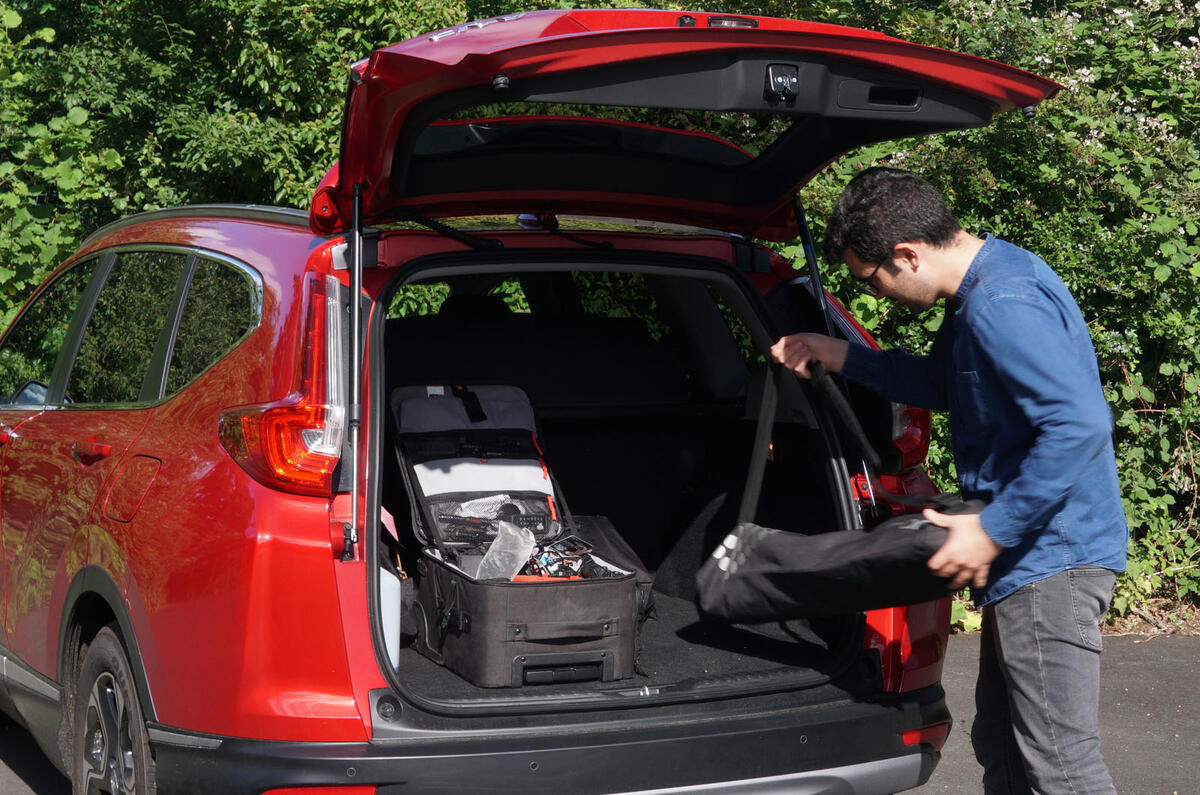
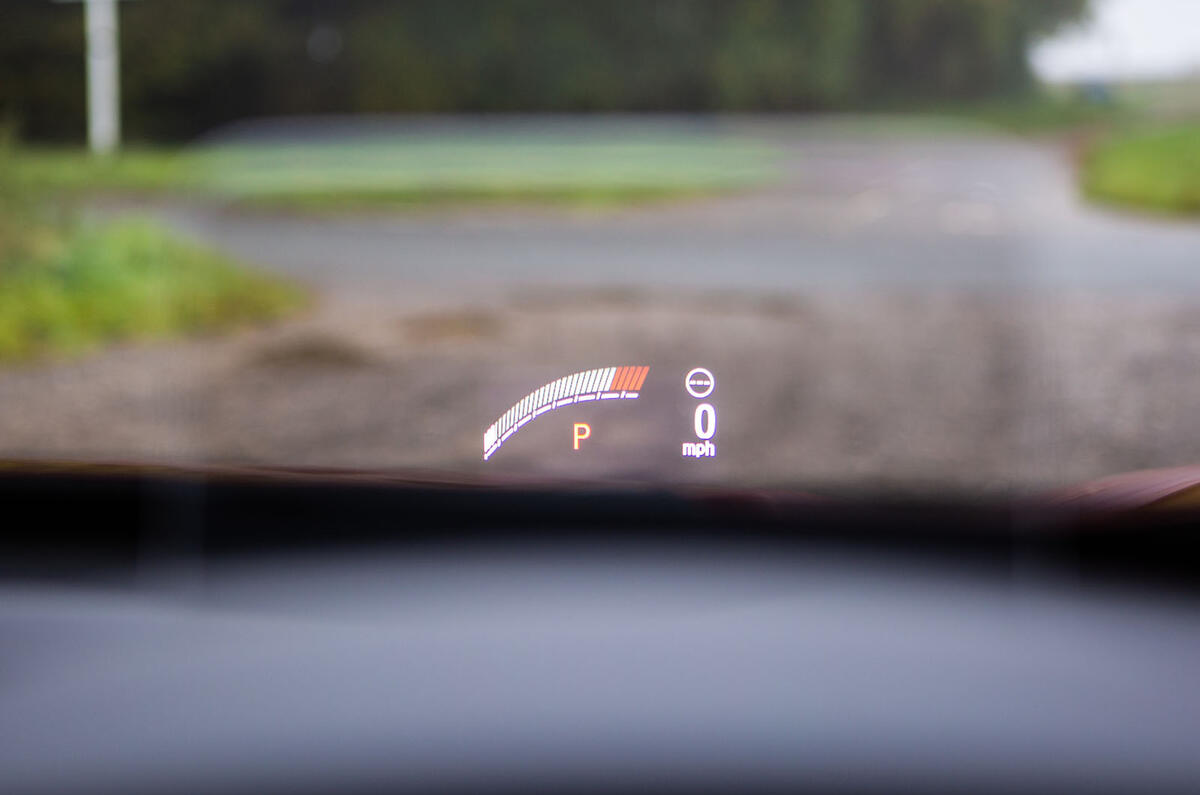
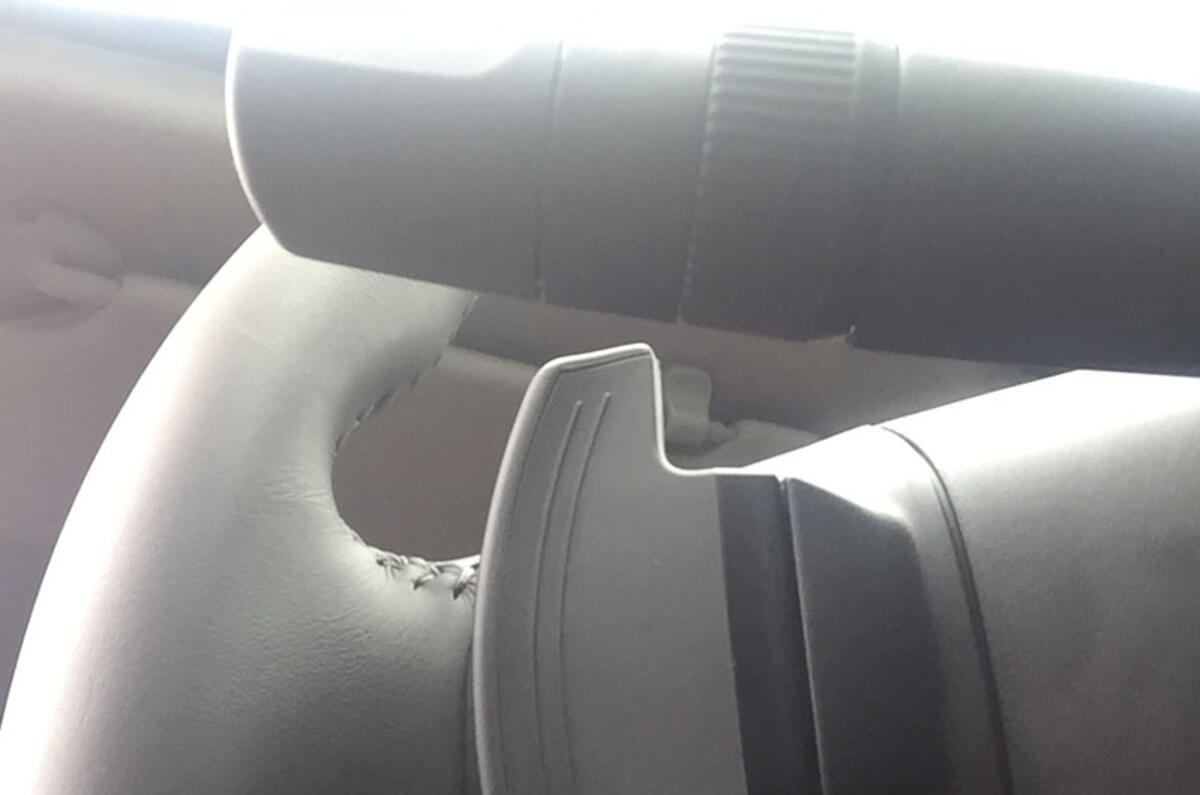
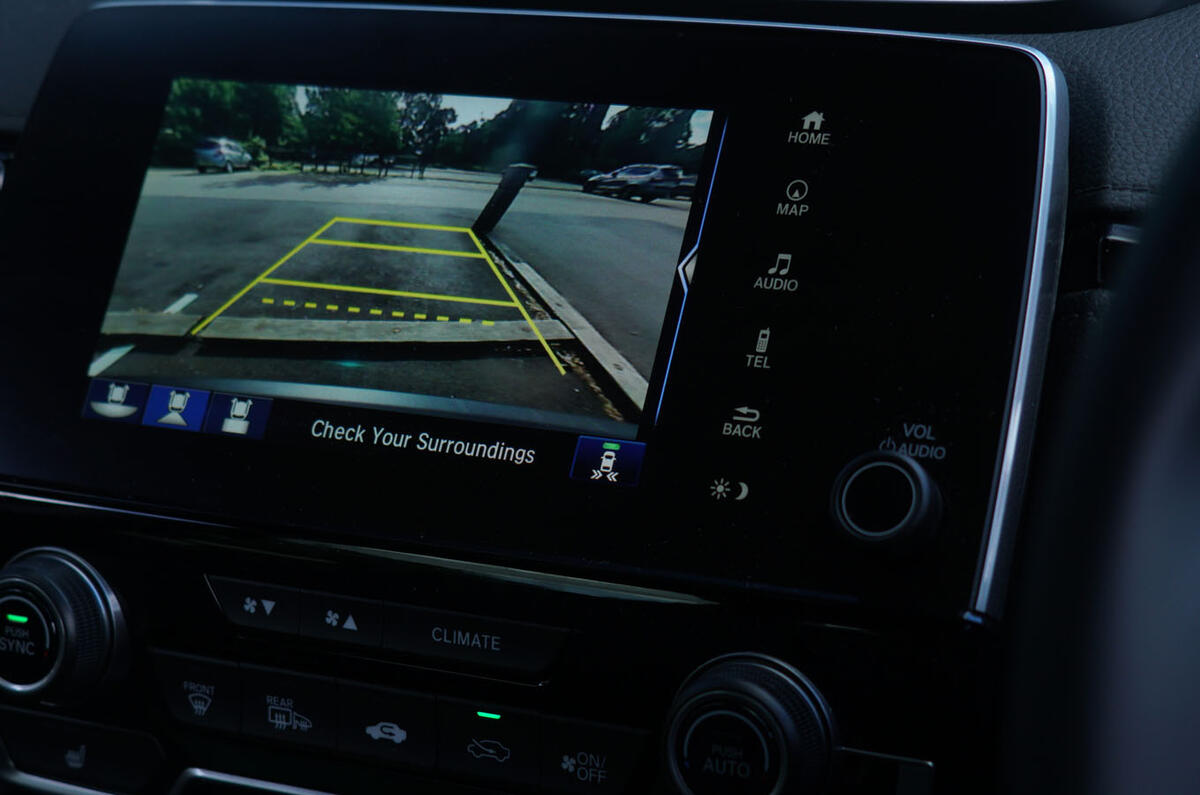
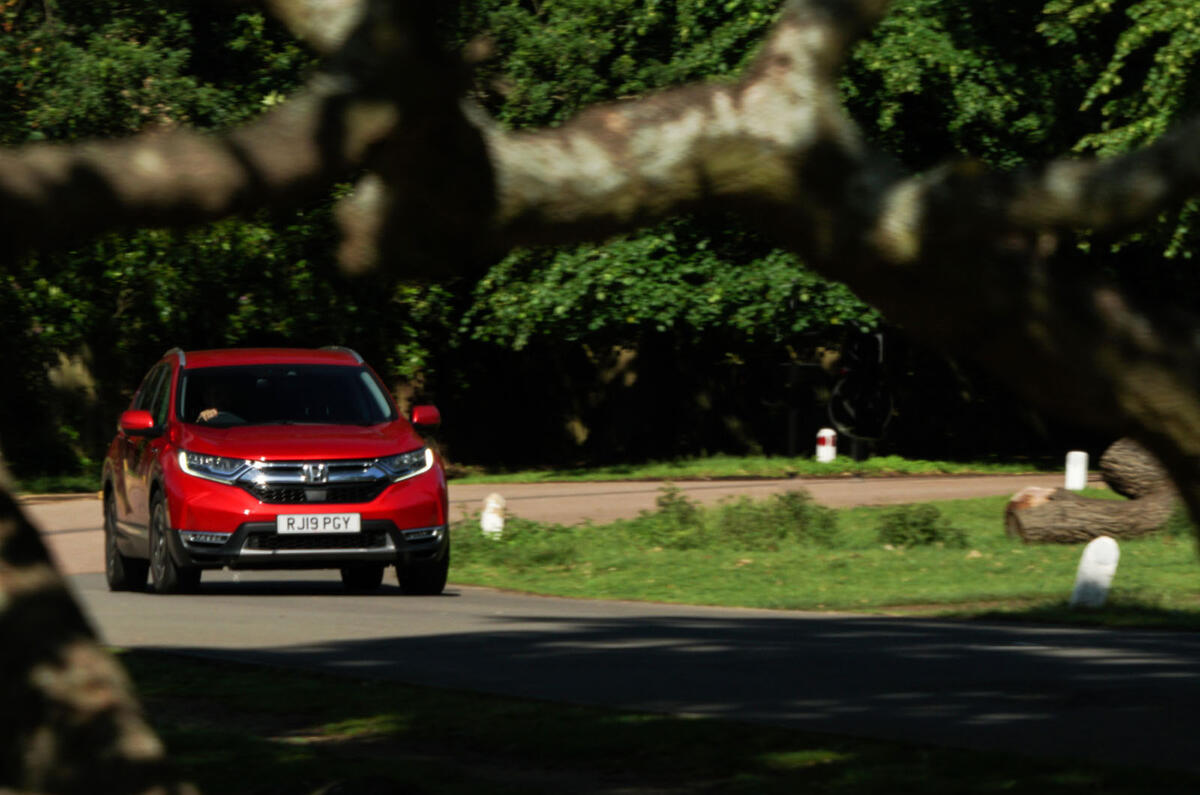
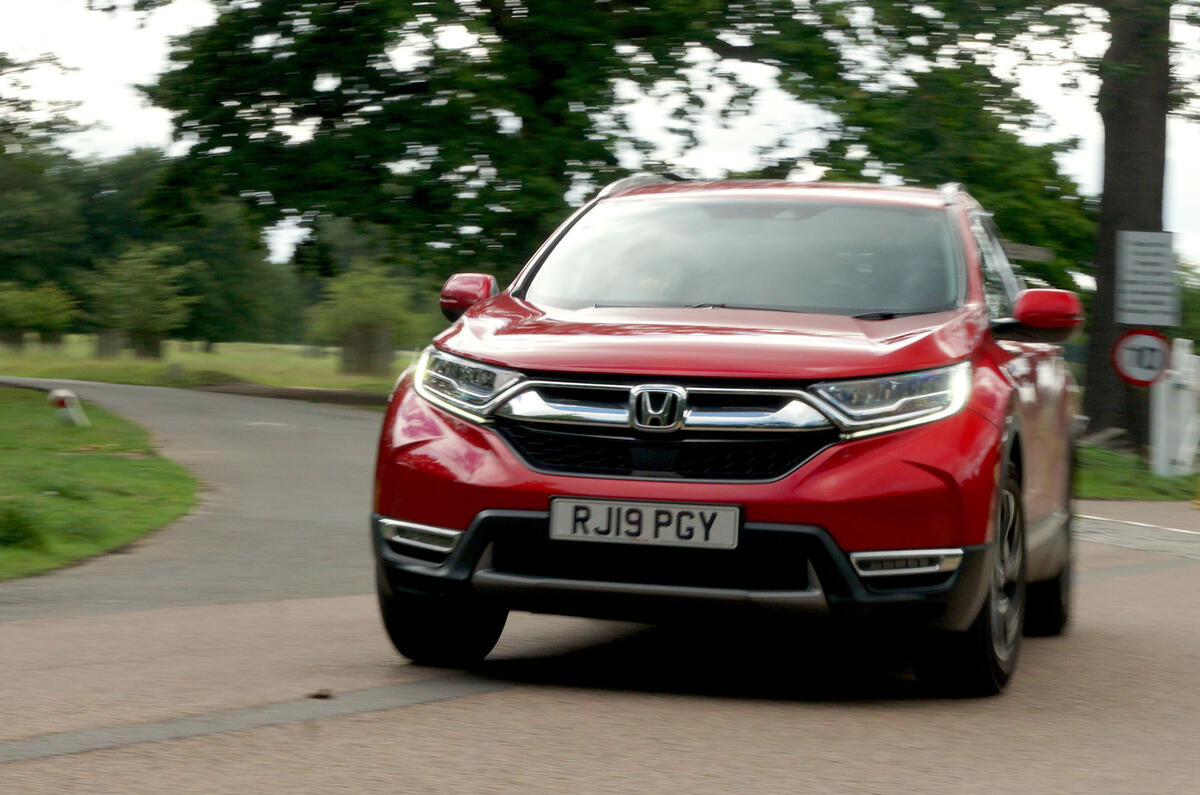
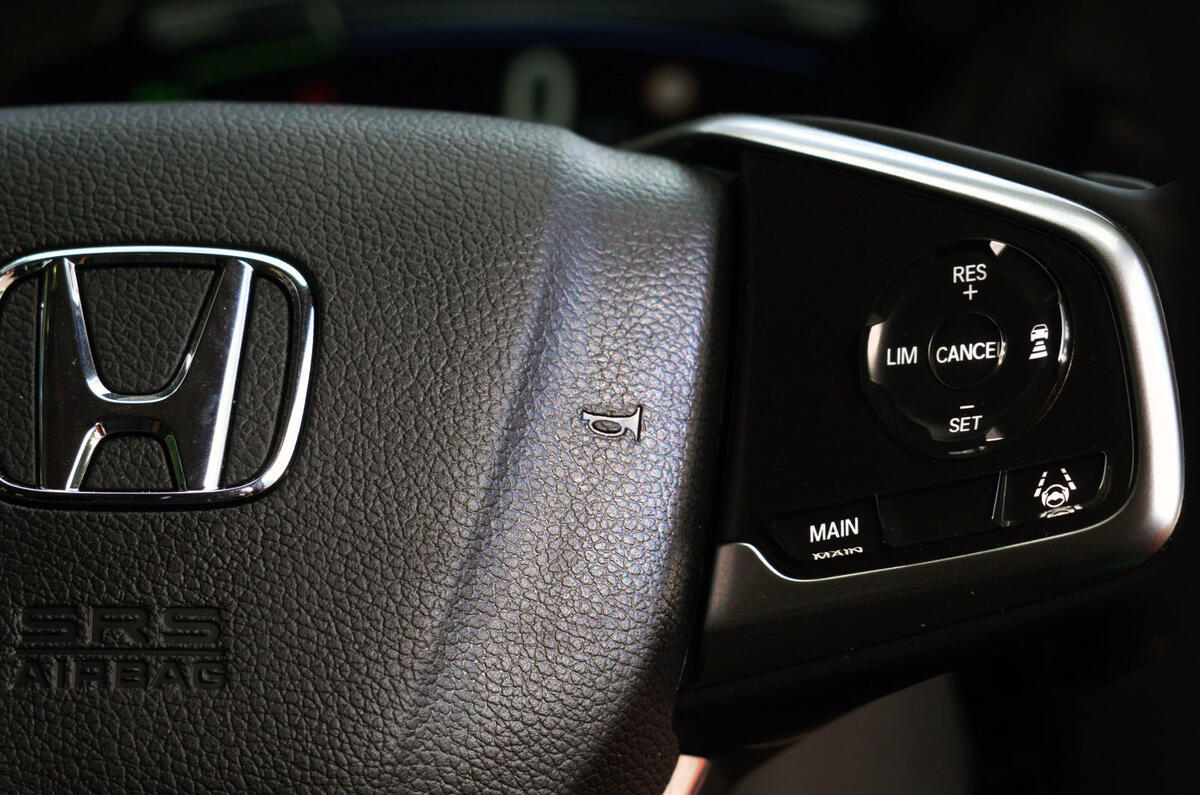
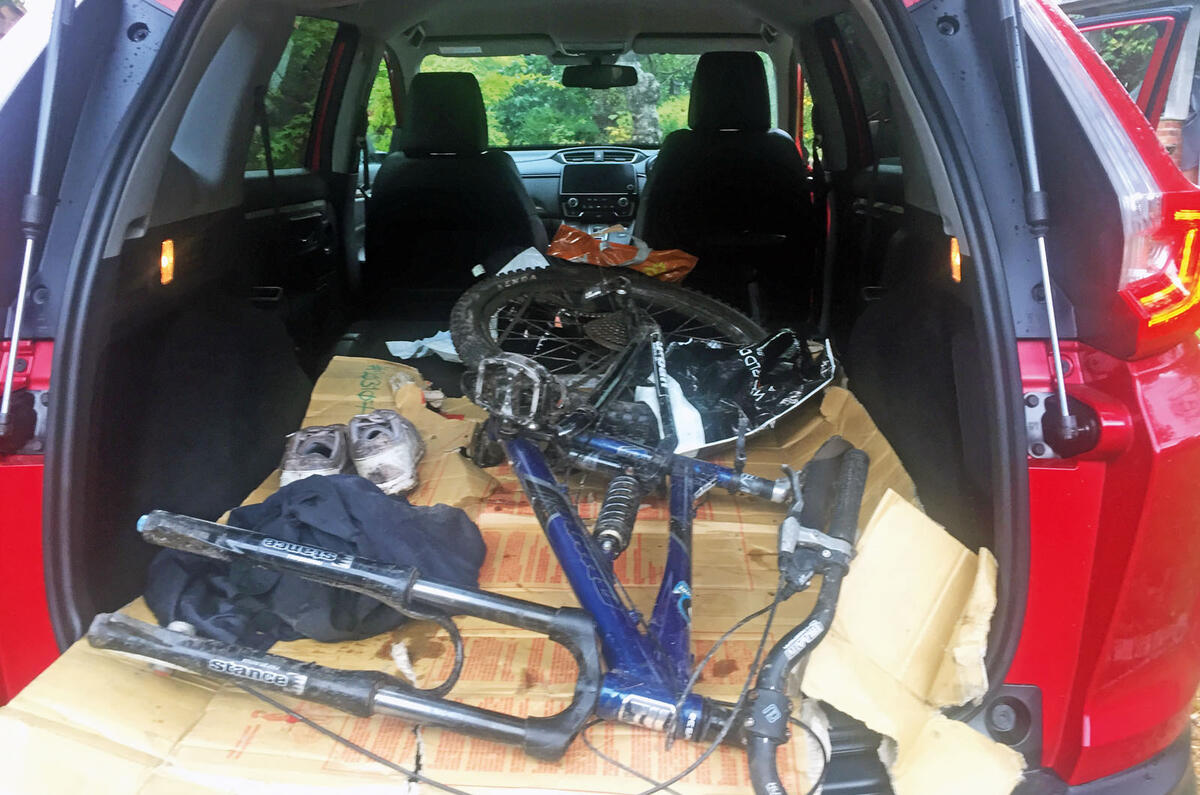
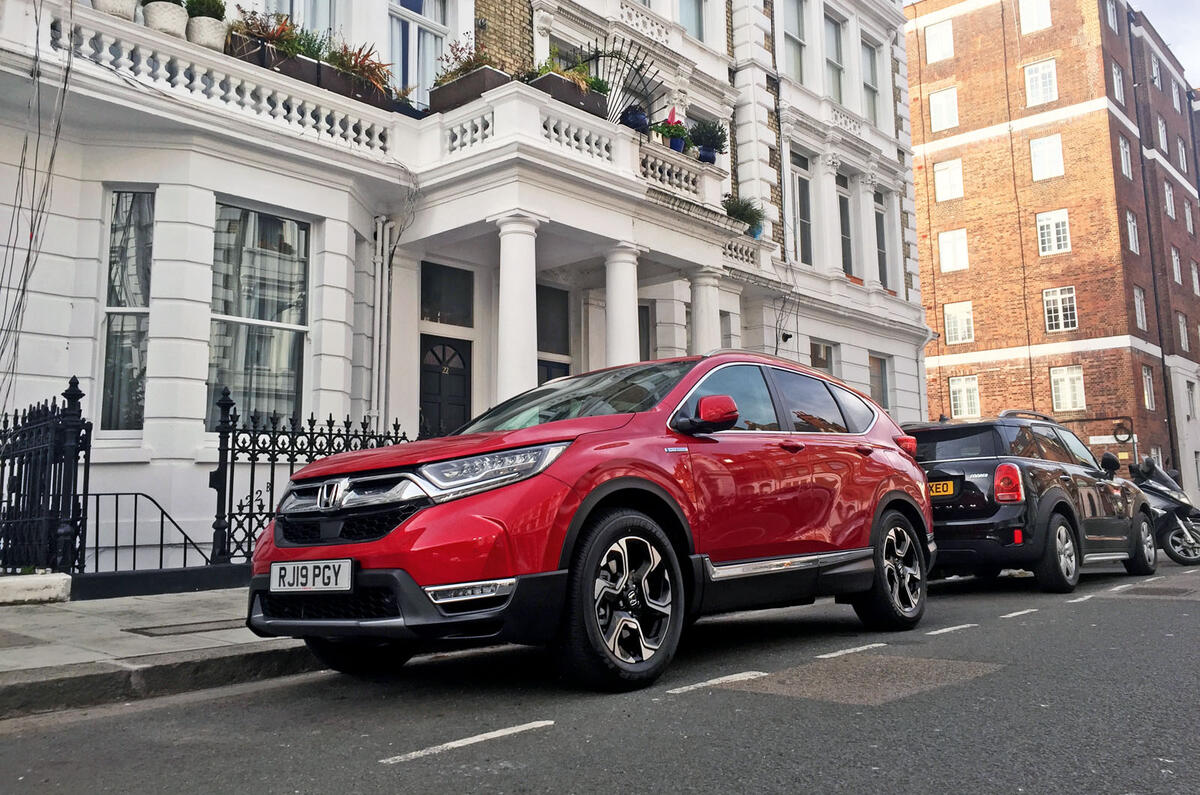
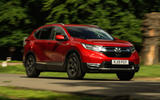
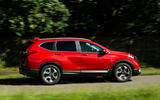
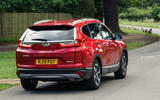

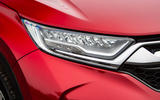
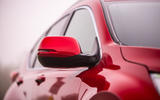
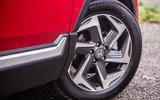
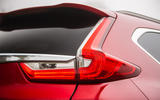

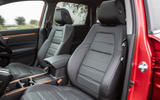
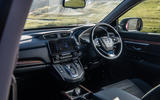
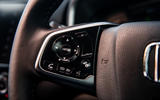
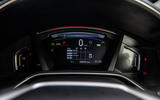
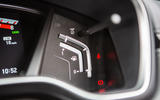
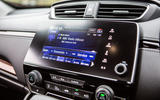
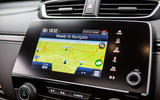
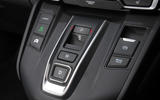

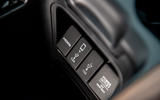

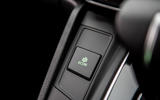
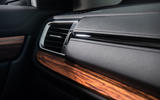
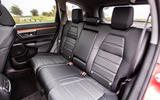
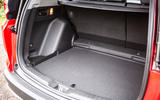

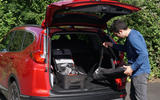
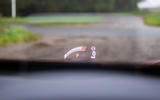



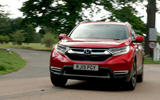
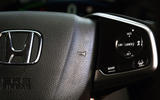
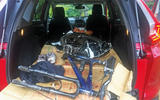
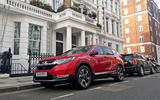

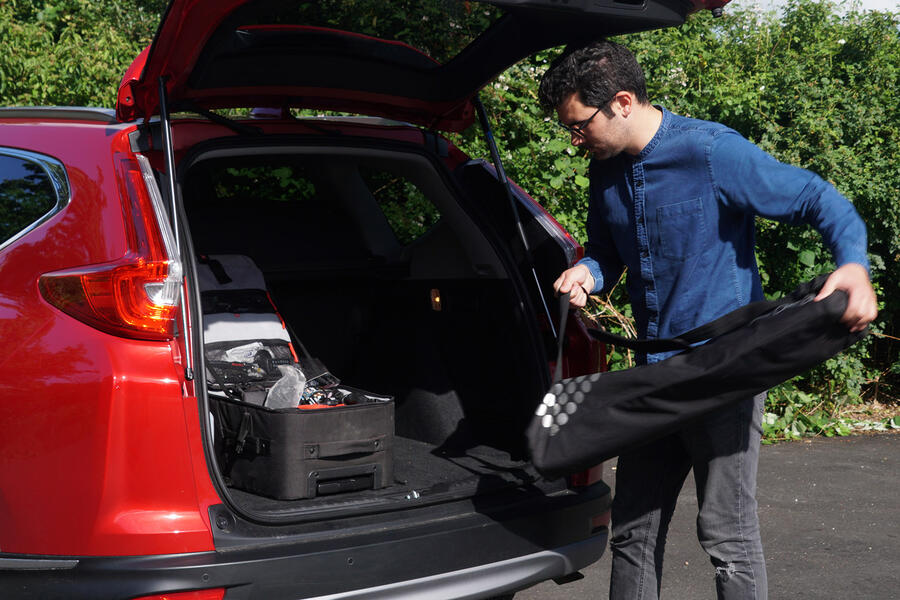
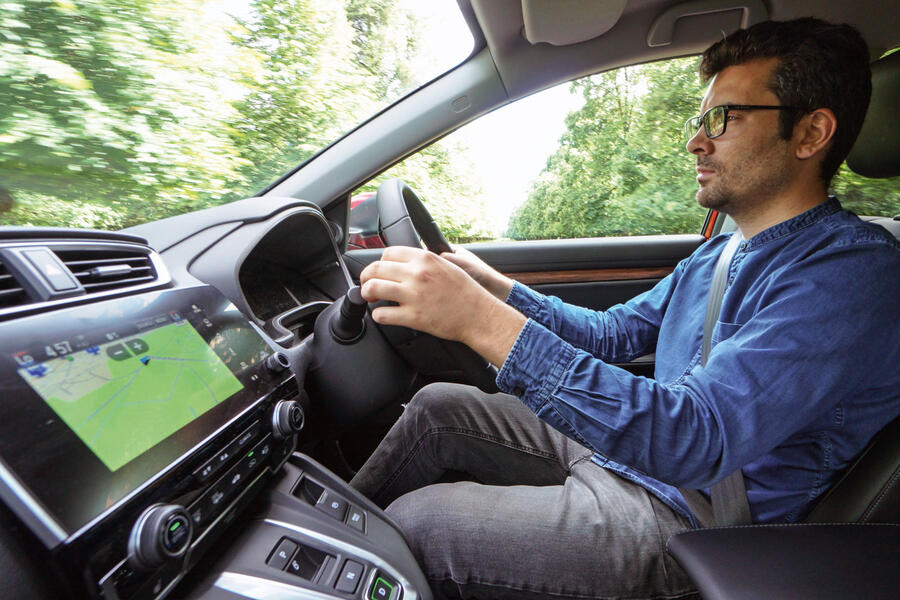
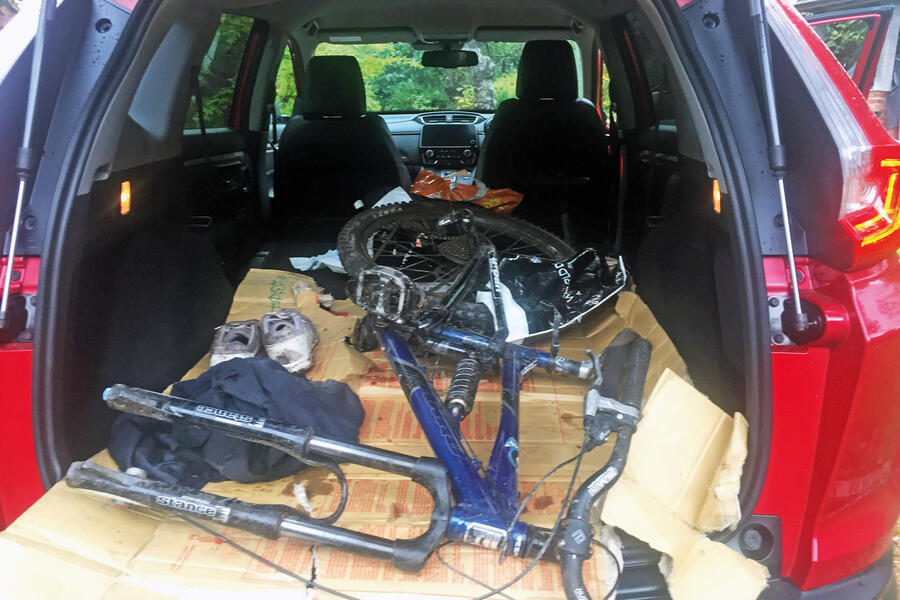

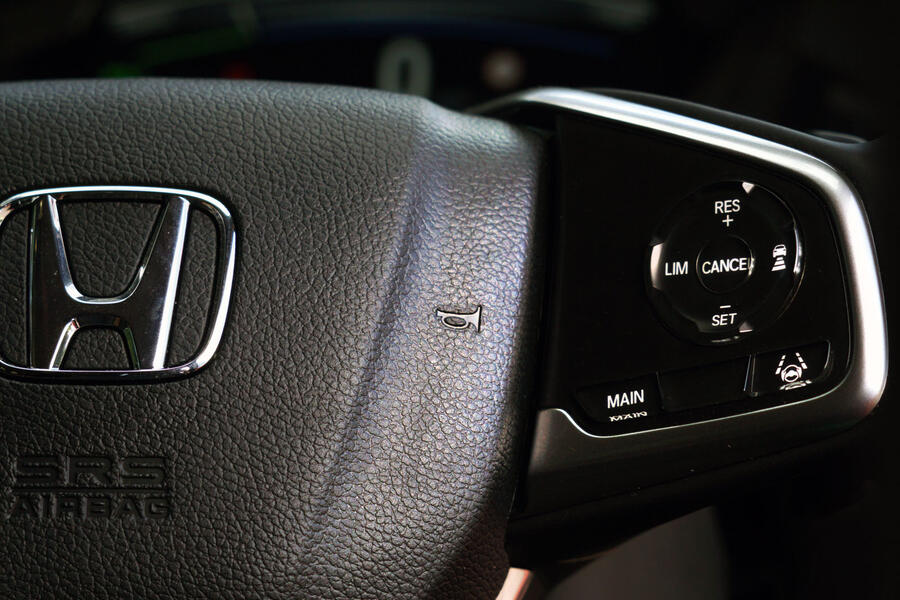
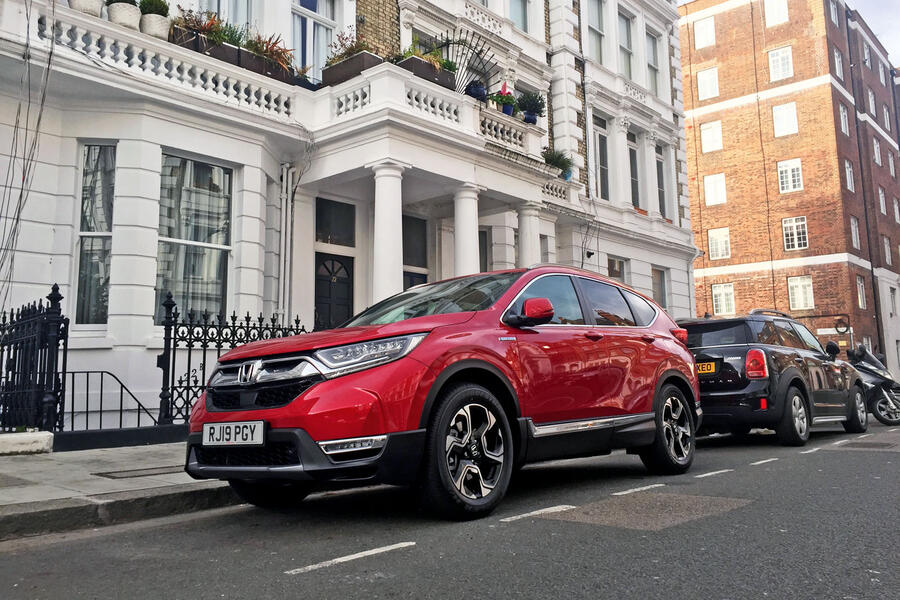
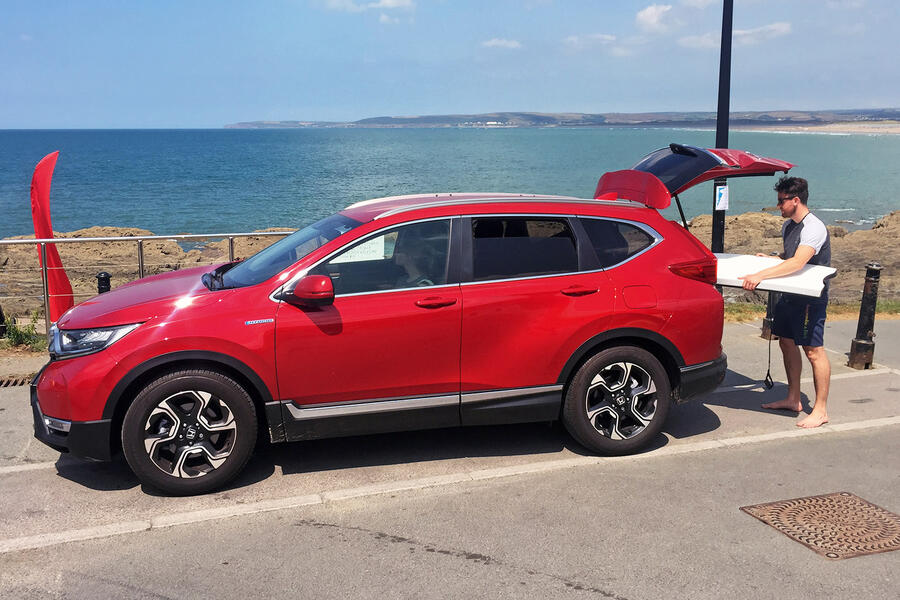
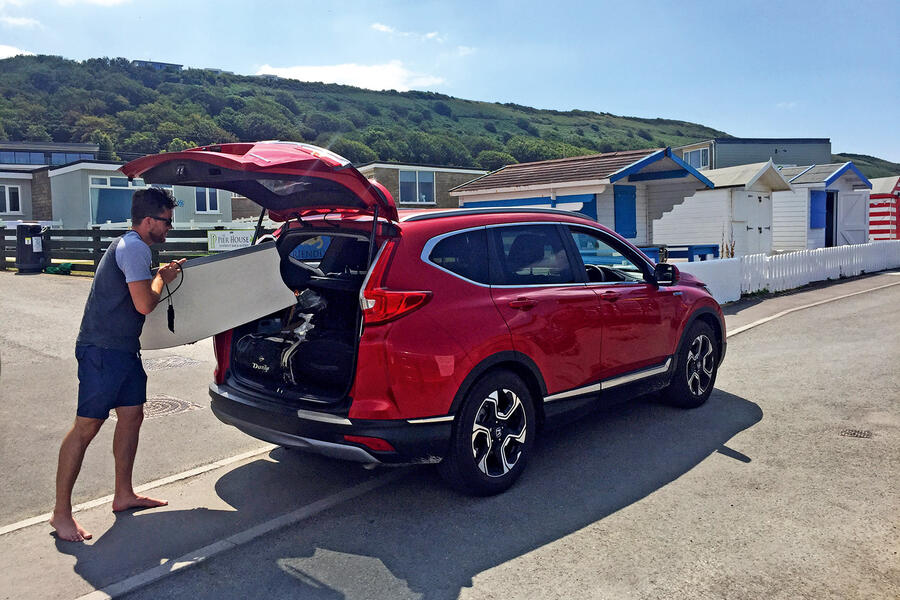
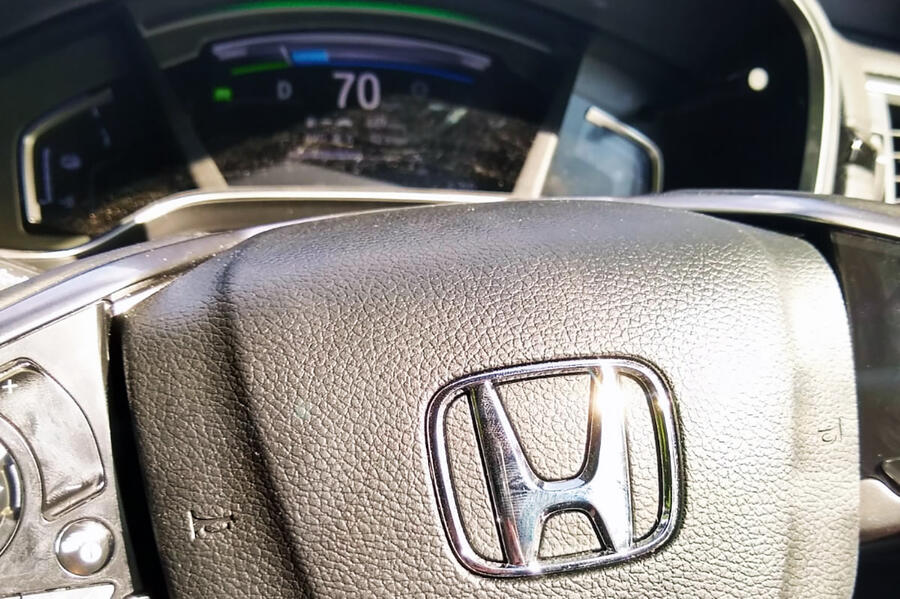
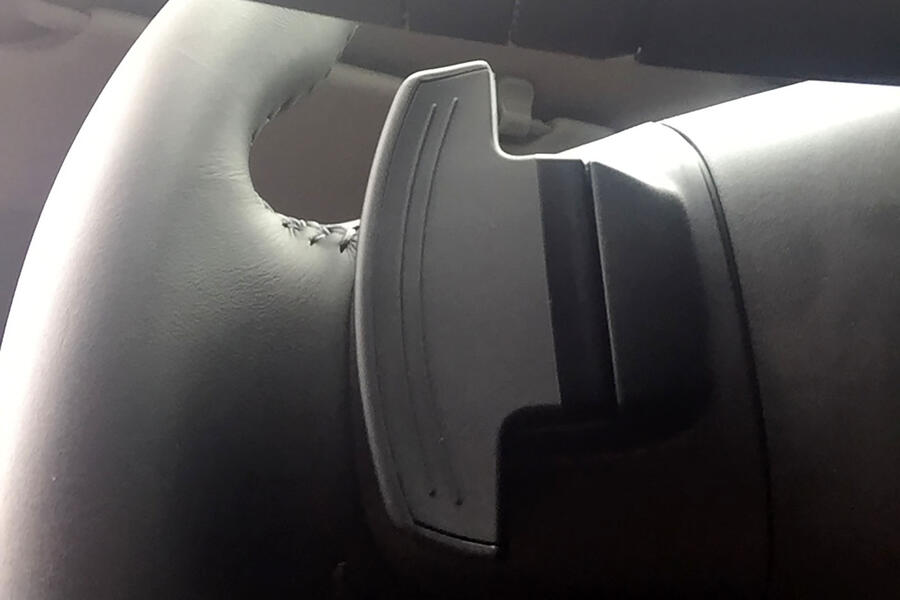
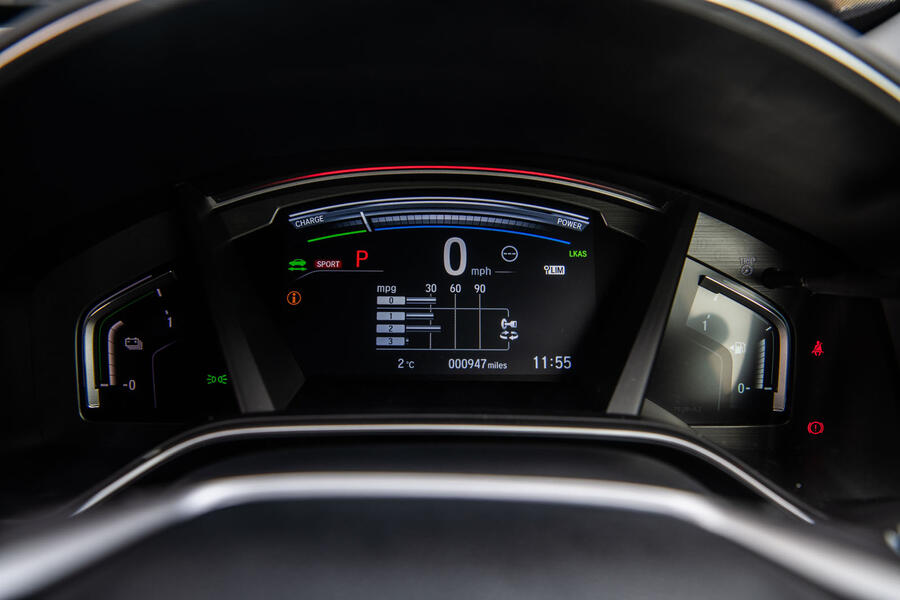
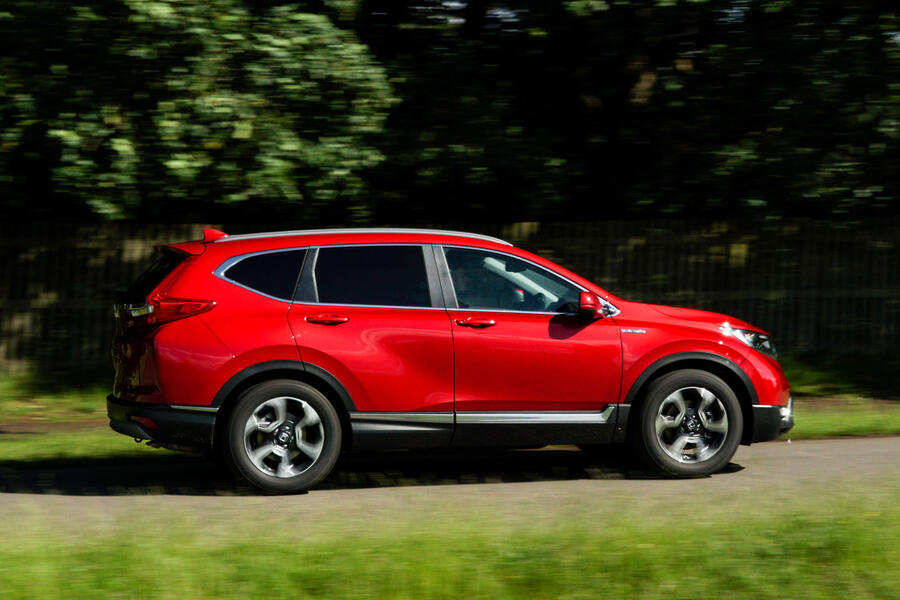

Join the debate
Add your comment
Oh dear!
11 month old CRV hybrid with 5300 miles. 2 new front facing cameras after failures and a totally dead battery last Saturday. AA man suggested a parasitic drain with no user error. Car's still with the dealer, they seem to have had it longer than we have! Cancelled a holiday in the hills because we literally have no faith in it. Having owned an accord, 2 civics and a jazz, this is obviously the worse car we've ever owned. Never again will we own a Honda or praise them. It's £30,000 worth of junk. They can keep it. Autocar have blocked this honest review on 'embedded links' grounds!
No idea what they're talking about. Oh of course, only GOOD reviews get through. Make up your own minds as to wether you'd believe a word they post!!!! Cyber crime. FAKE NEWS = AUTOCAR
Zaida Vargas
If you are looking for thanksgiving sayings funny visit the link
"that the clutch used to
"that the clutch used to engage the combustion engine drive" nope nothing to do with the towing limit.
There is no gearbox, so until the vehicle speed (mid to high) is within the range of the engine revs, the engine cannot be 'clutched in' as it would slow the engine and stall it.
So up until the acceptable speed, drive is entirely by electric motors. And they, without clutches, gearboxes or torque converters are limited, what they have is what they have torque wise.
Therefore safe pullaway on an incline with a certain load is limited, Its this that sets the calculated towing limit. It probably could tow plenty more, but there would come a day at the traffic lights at the bottom of a hill in Devon with a caravan you would be going nowhere.